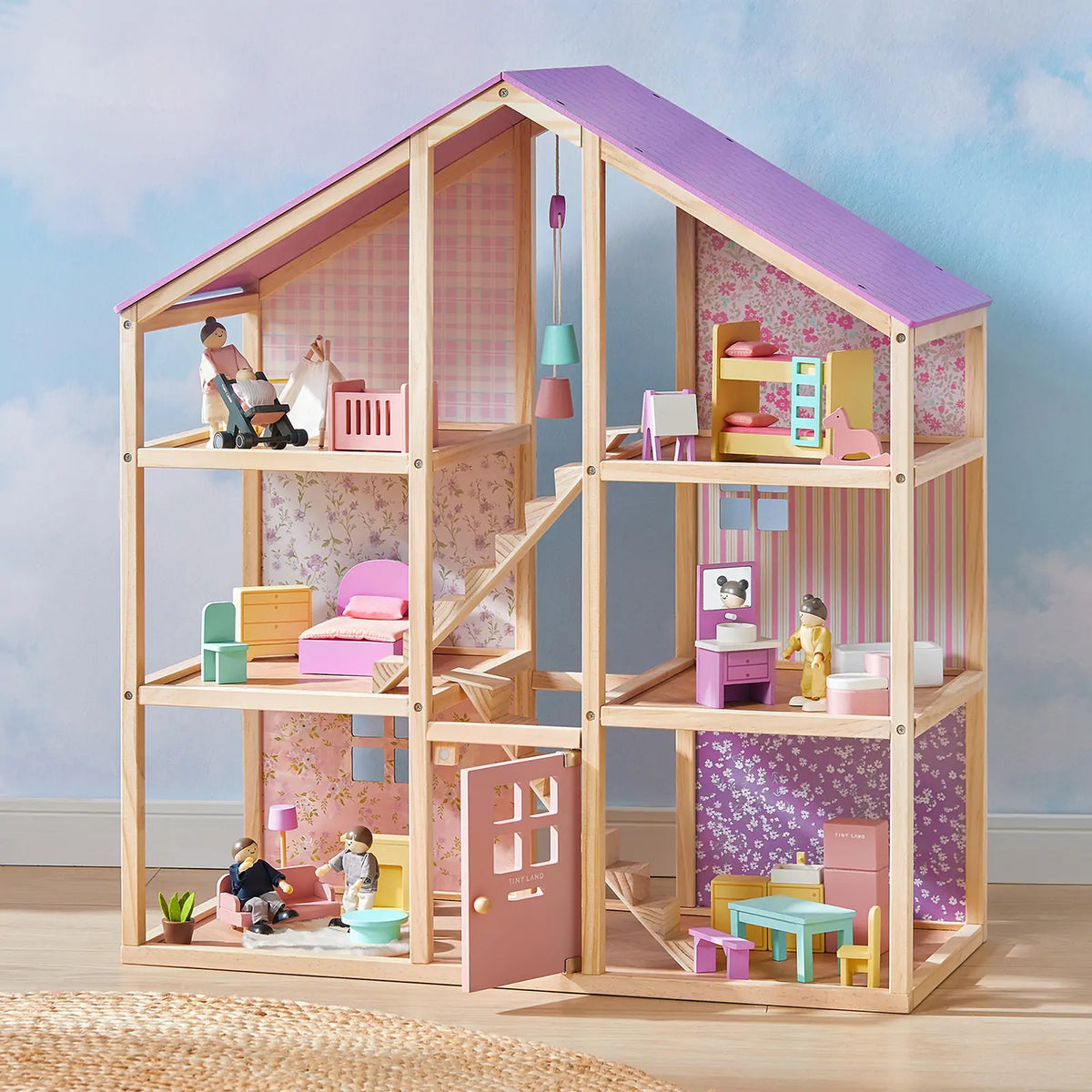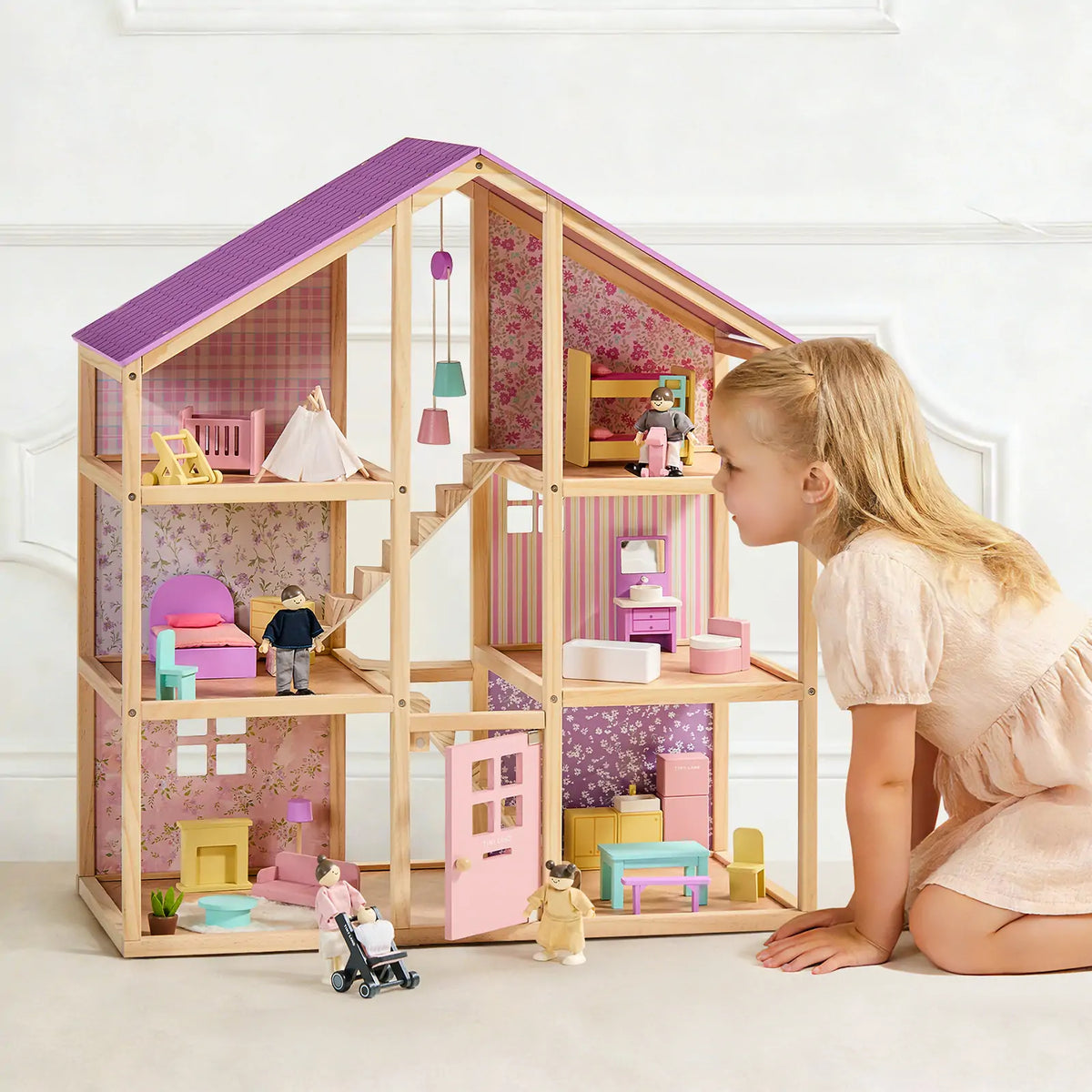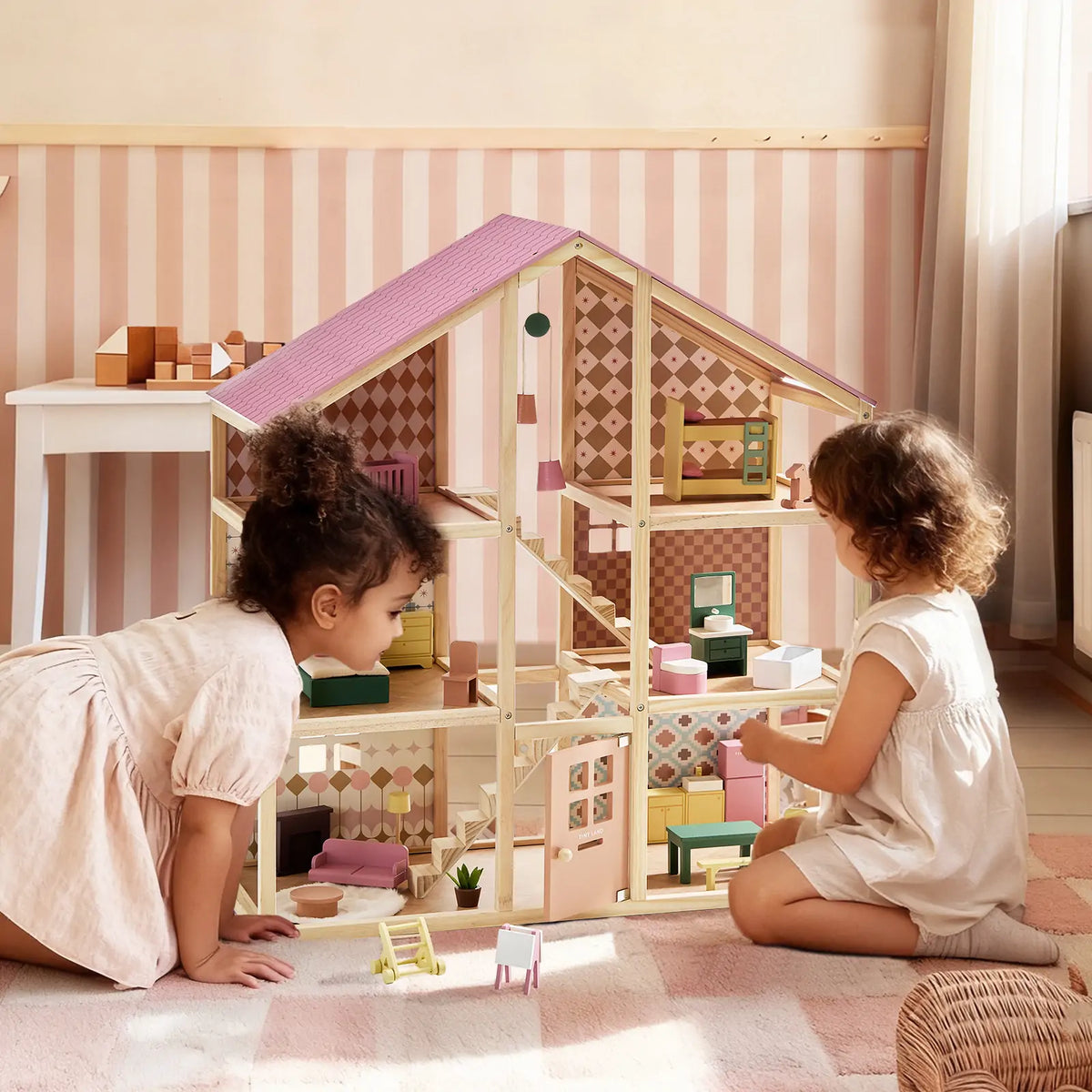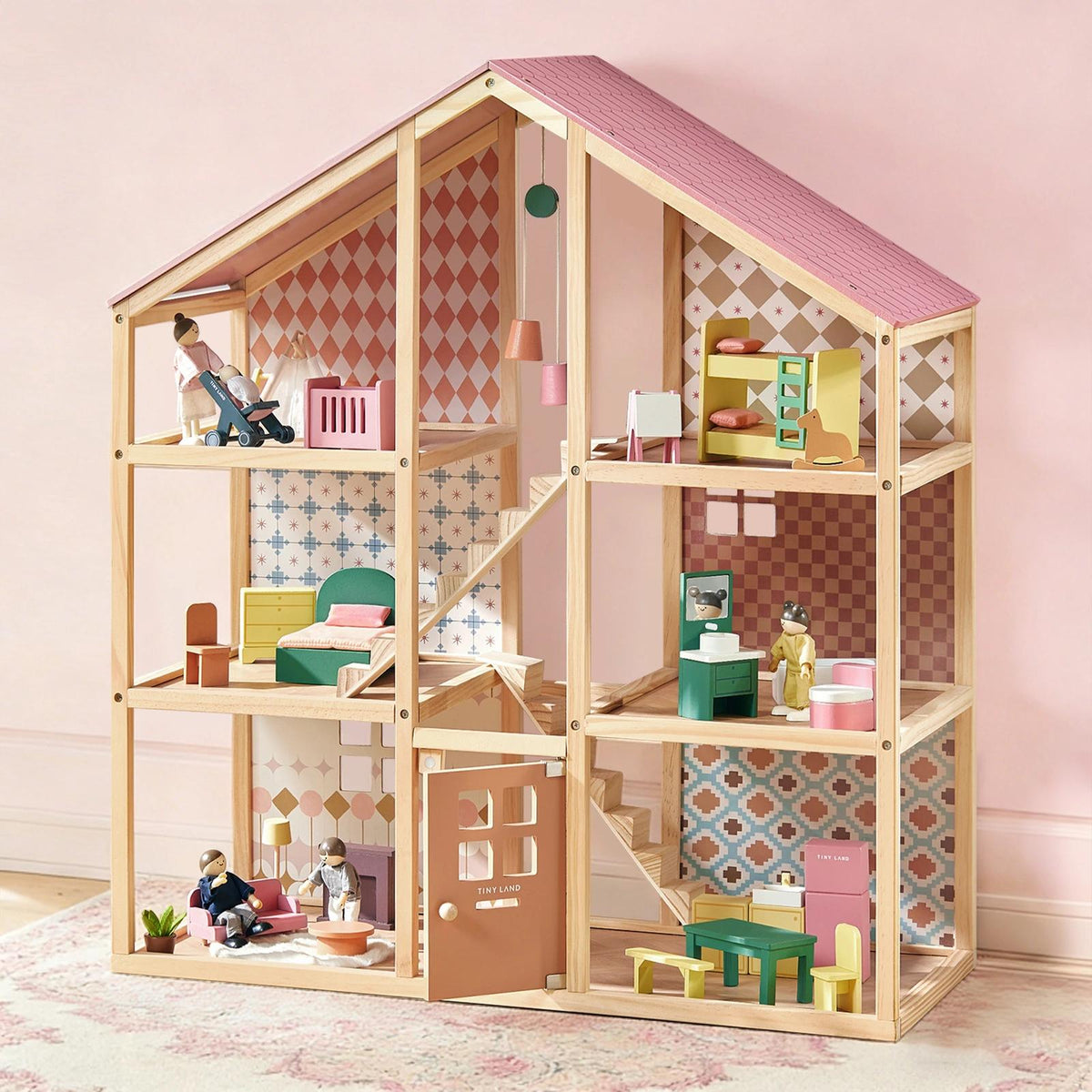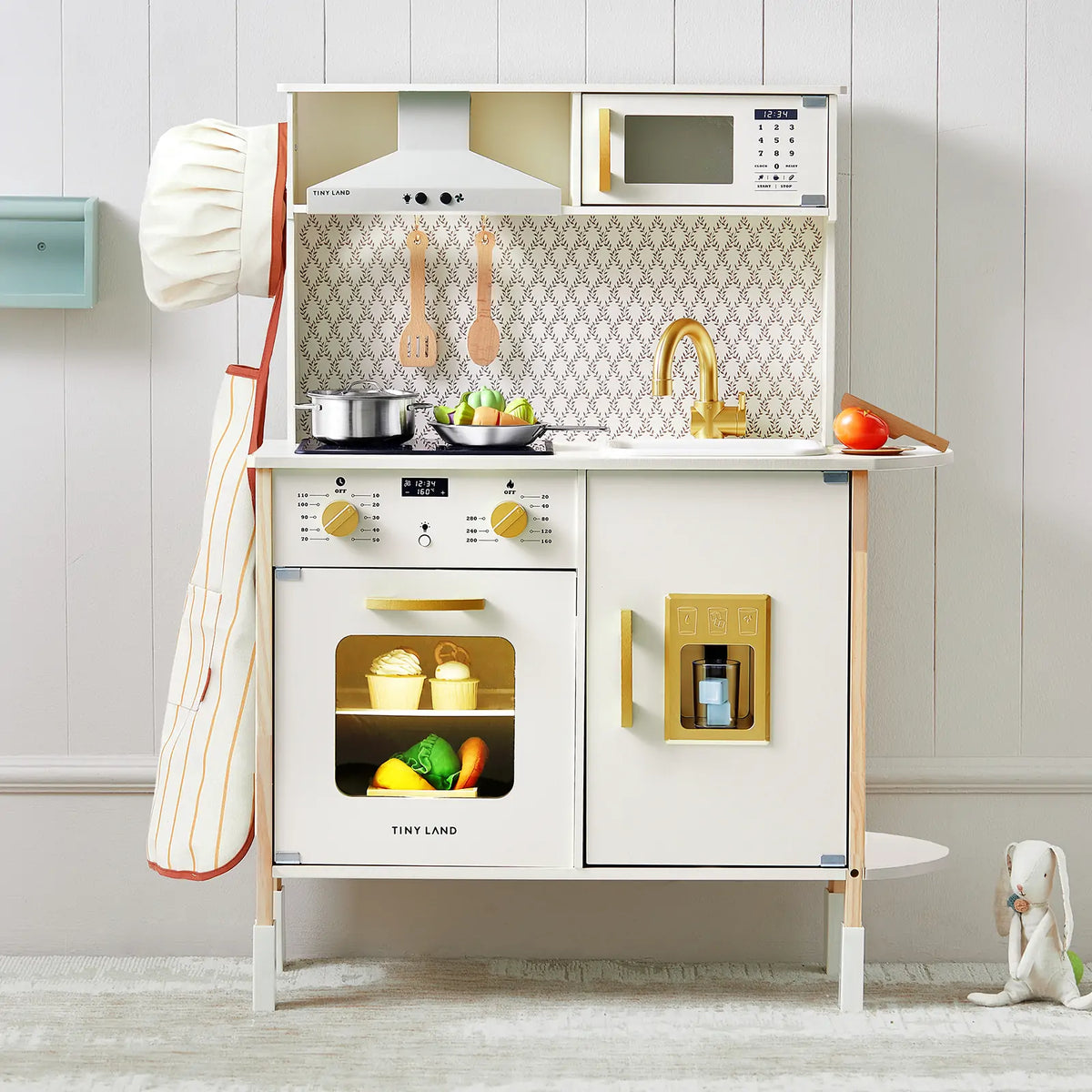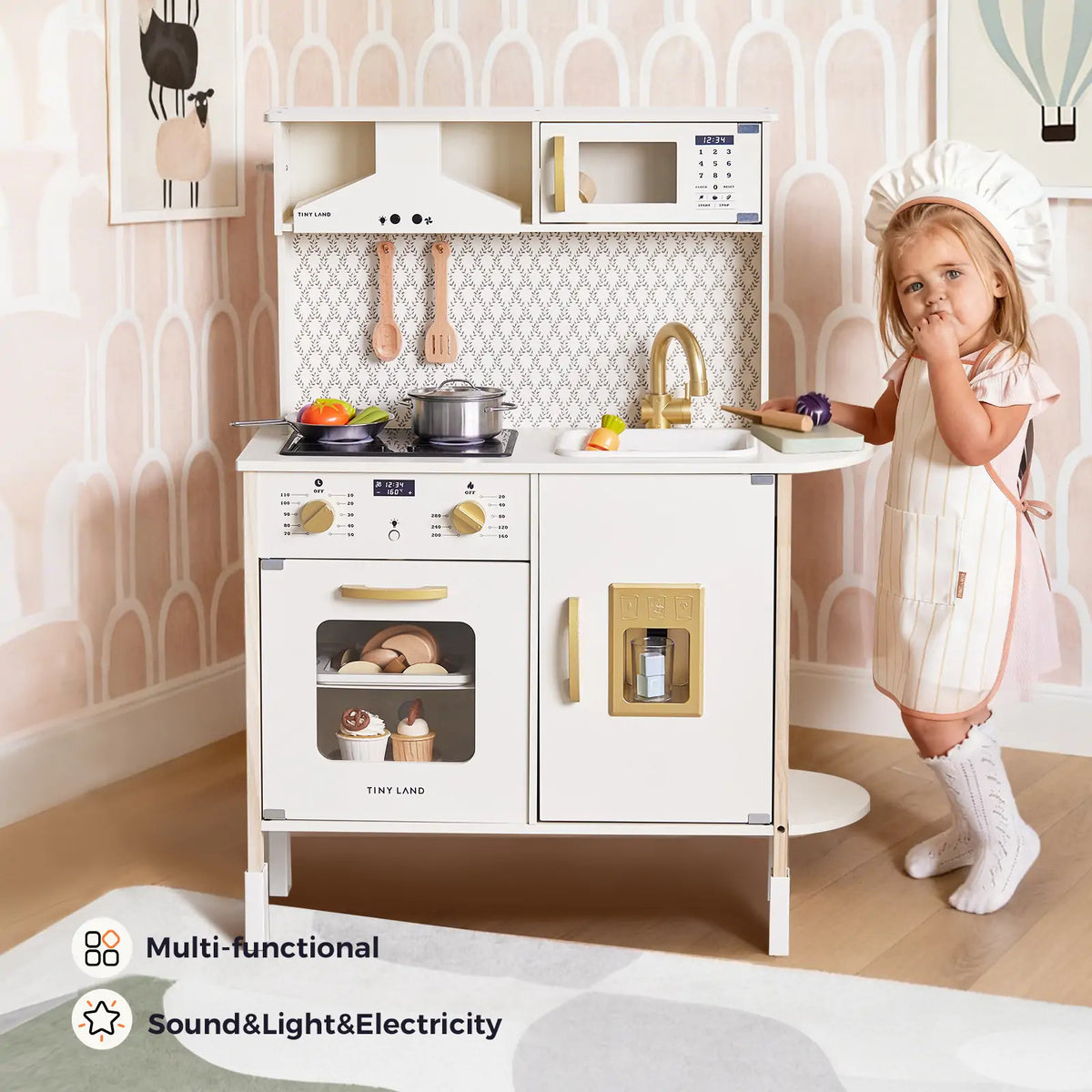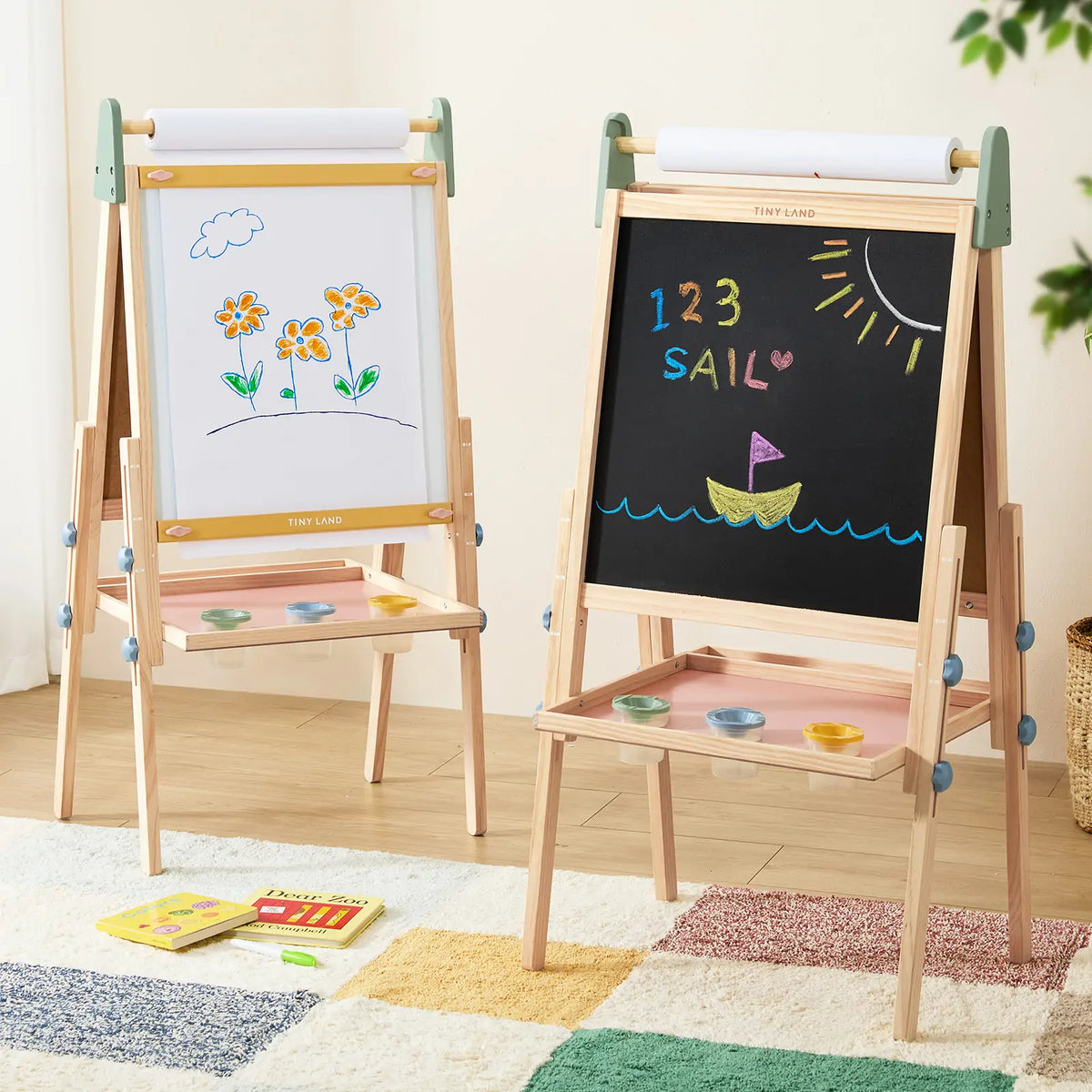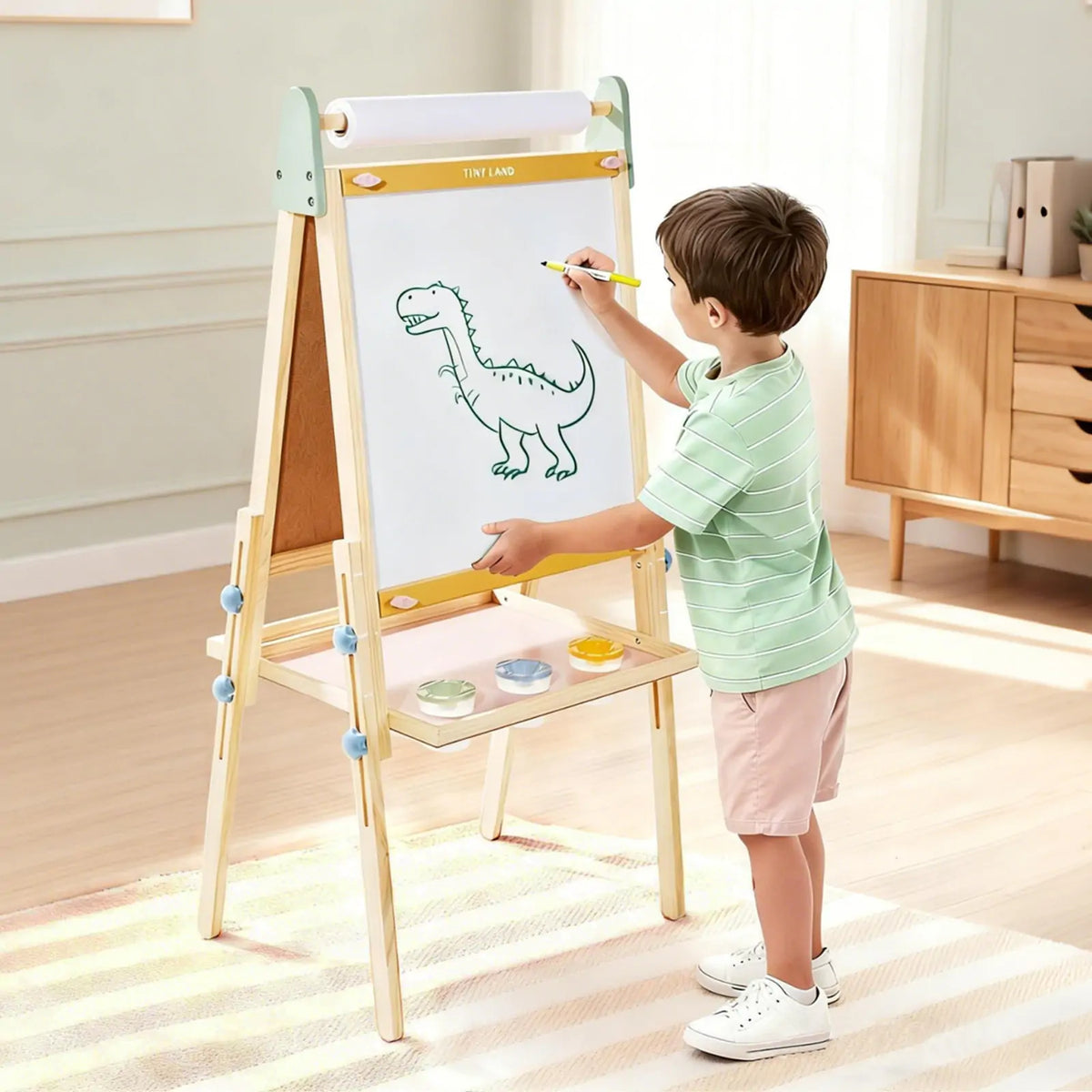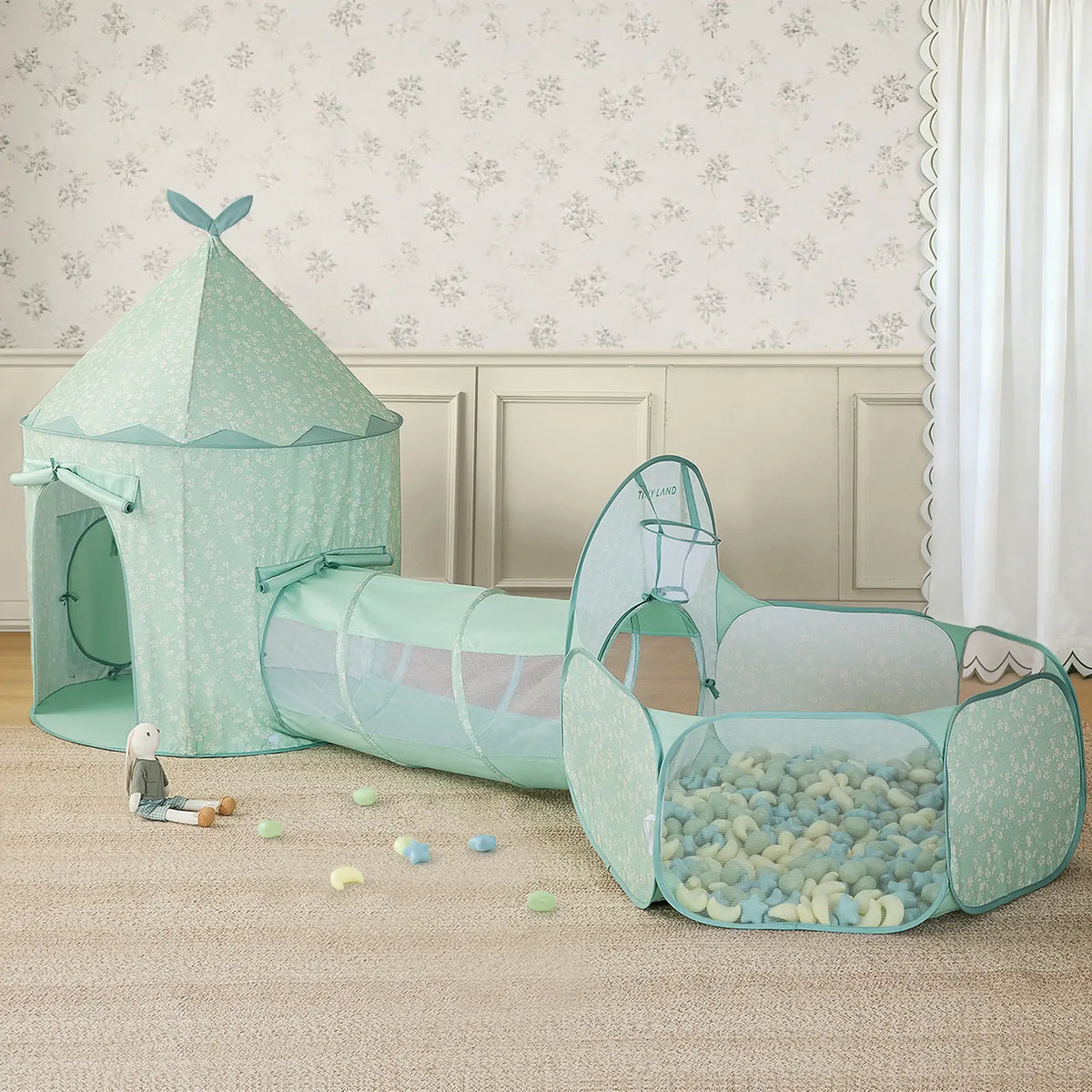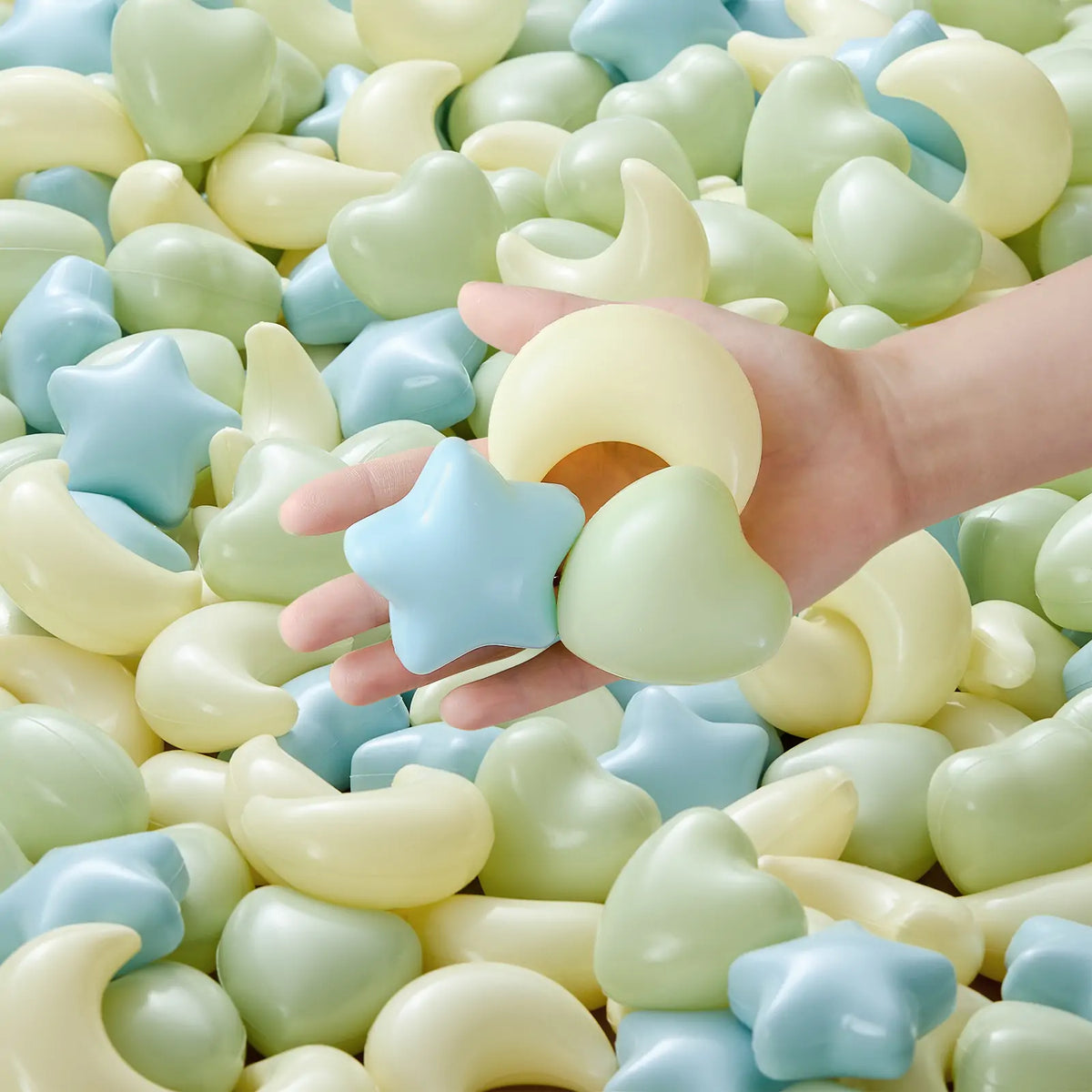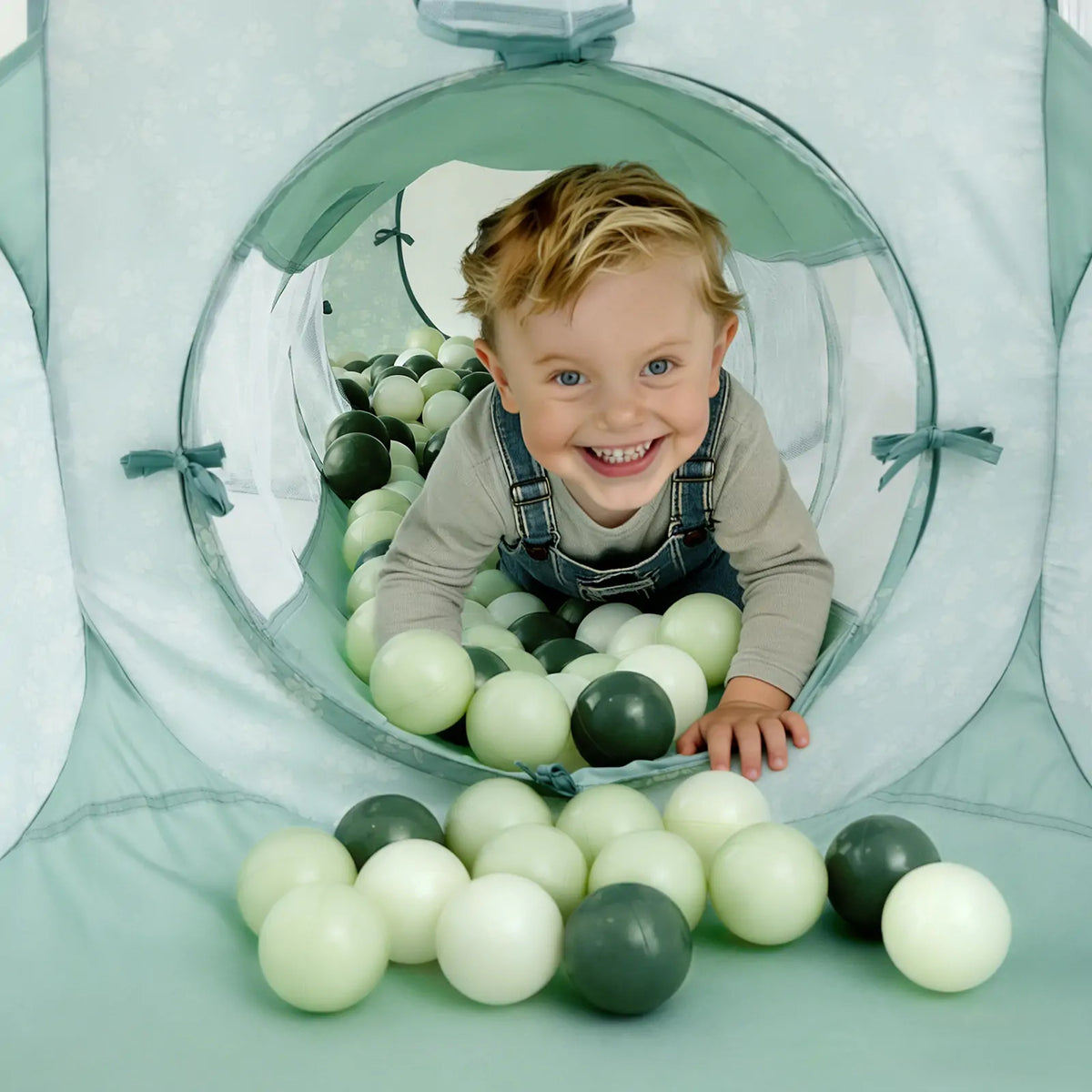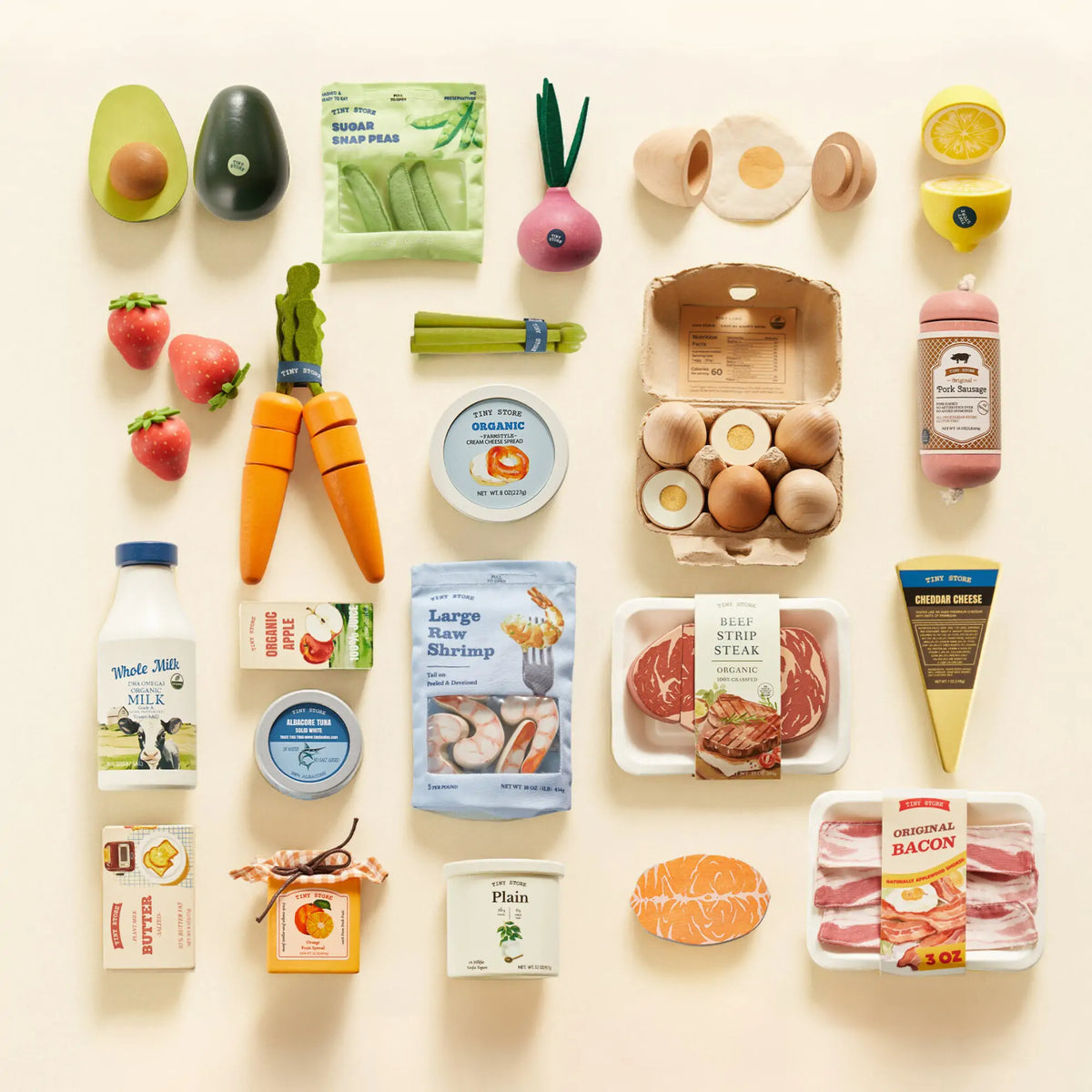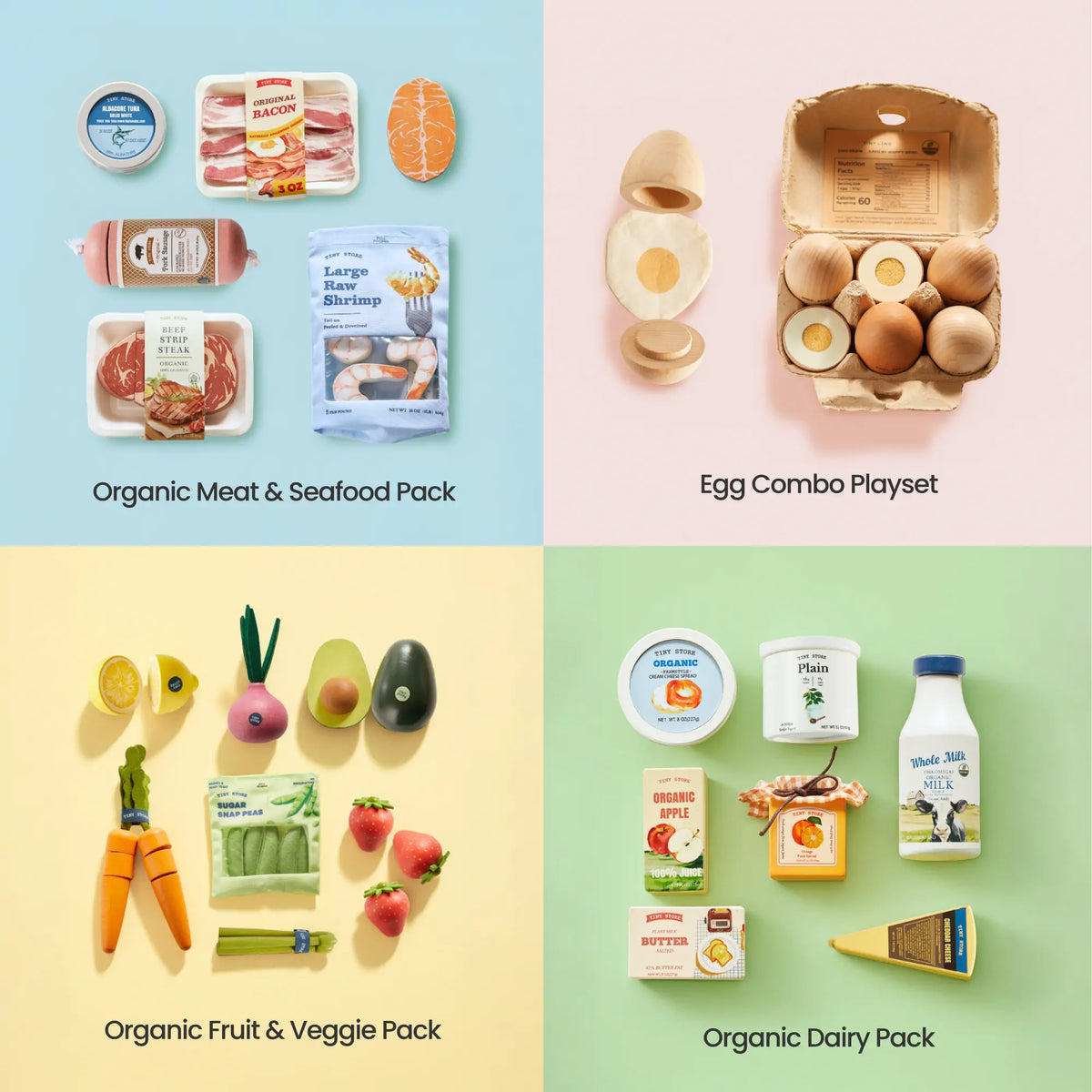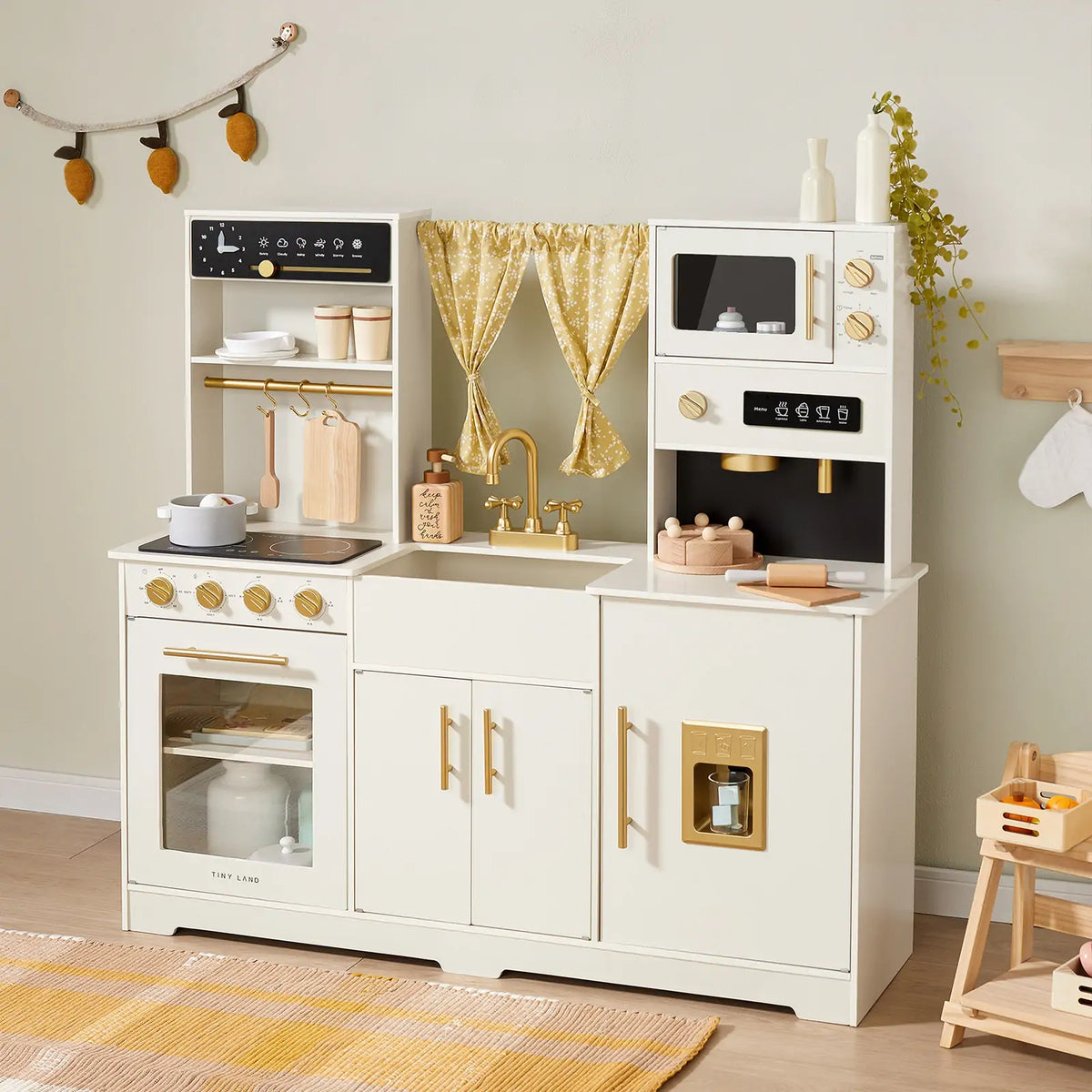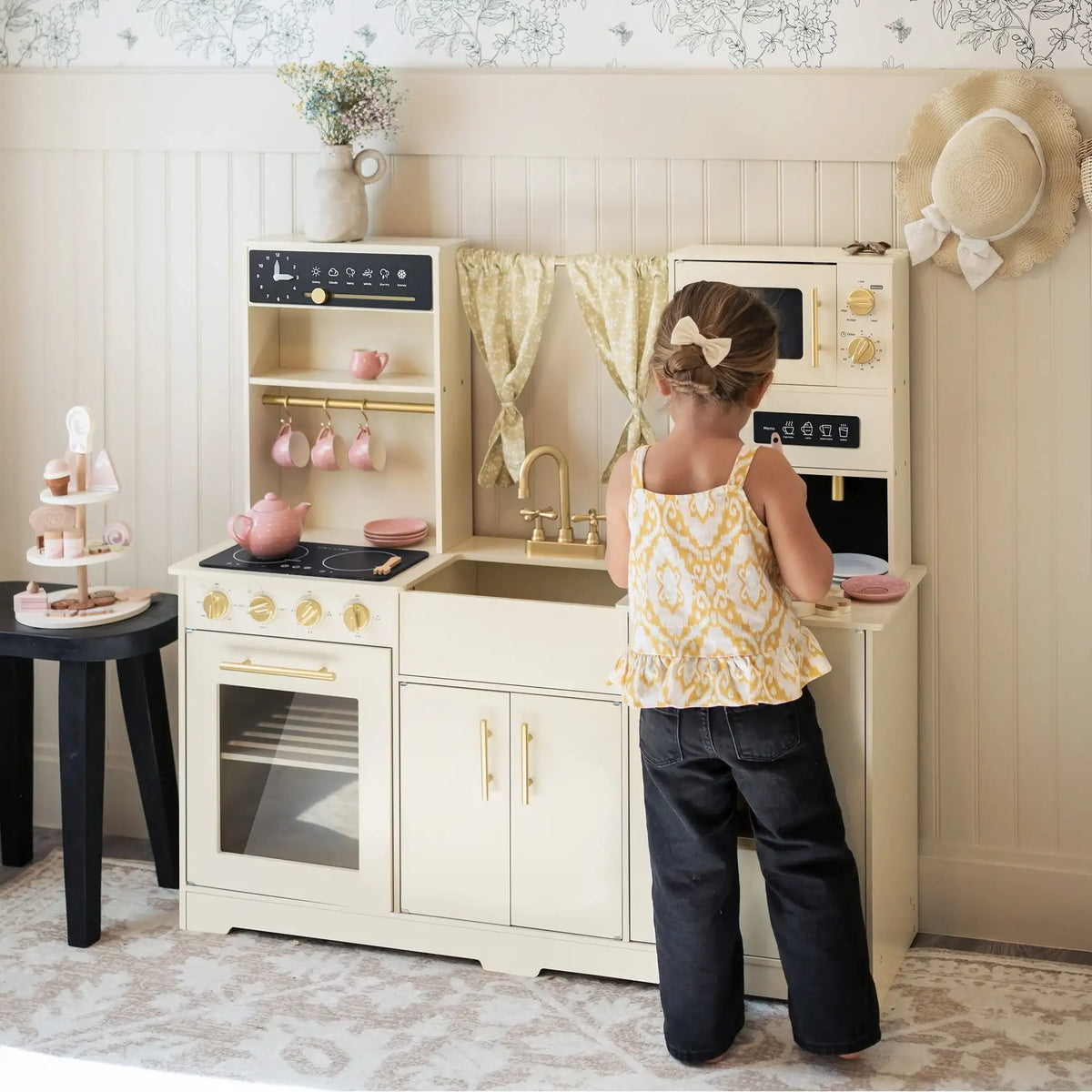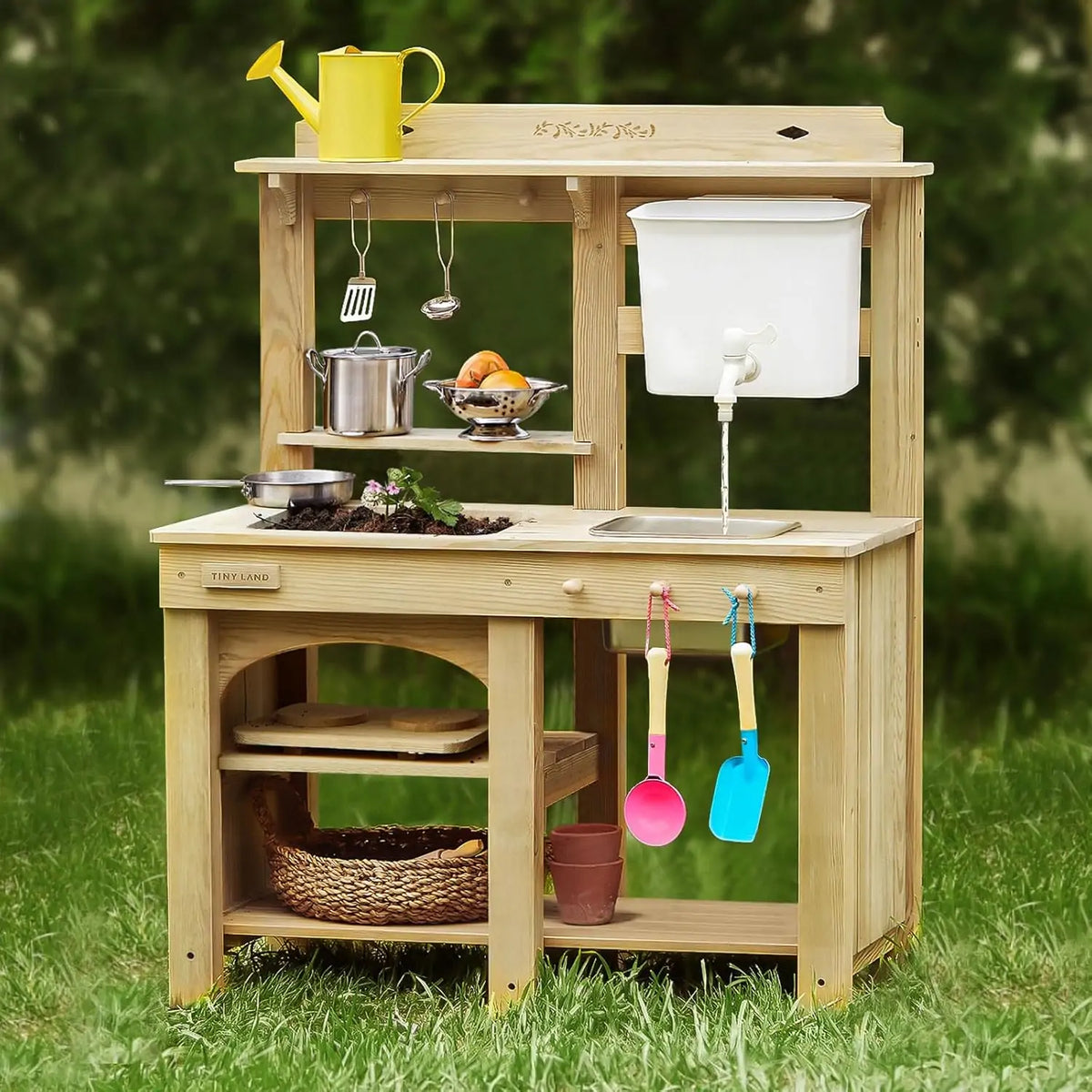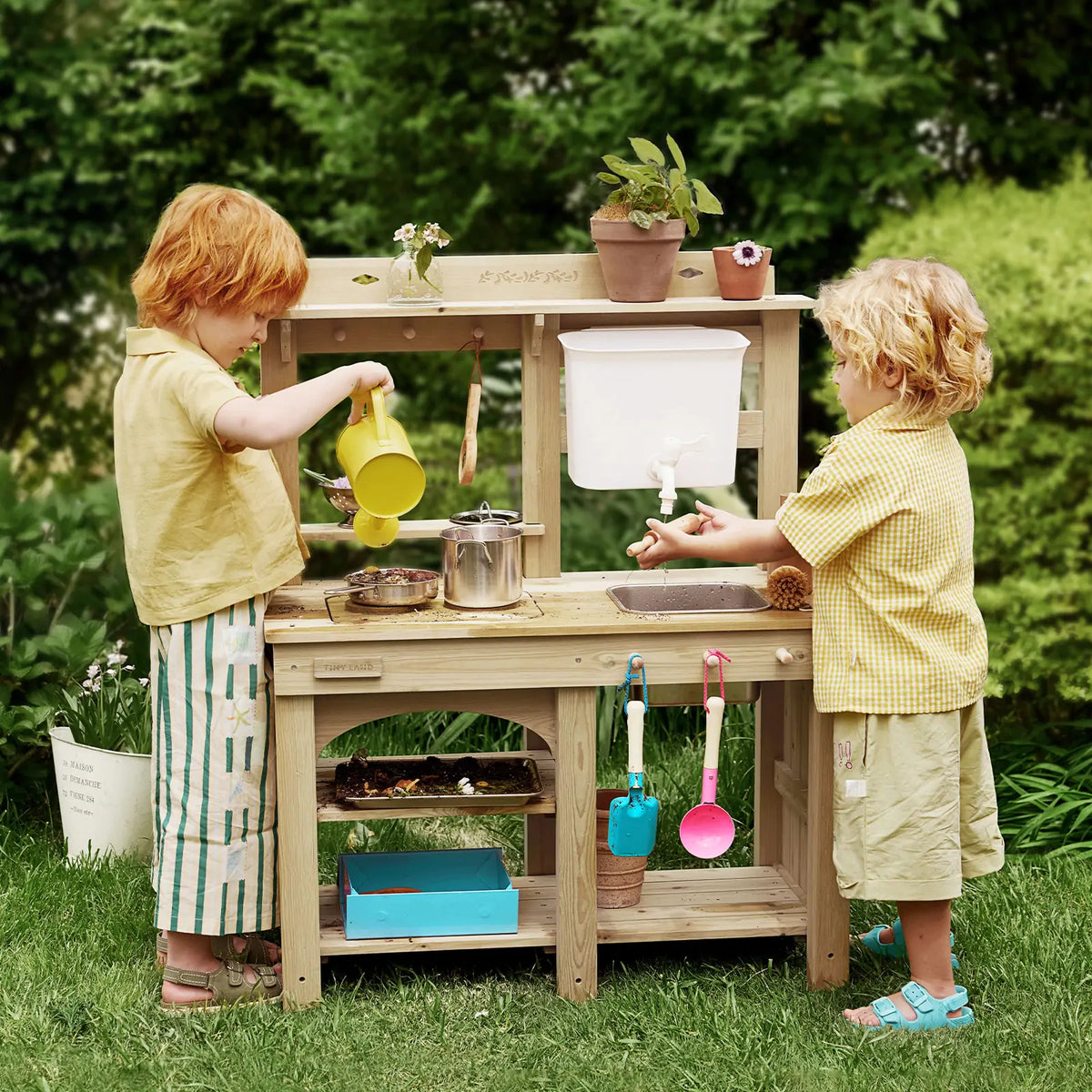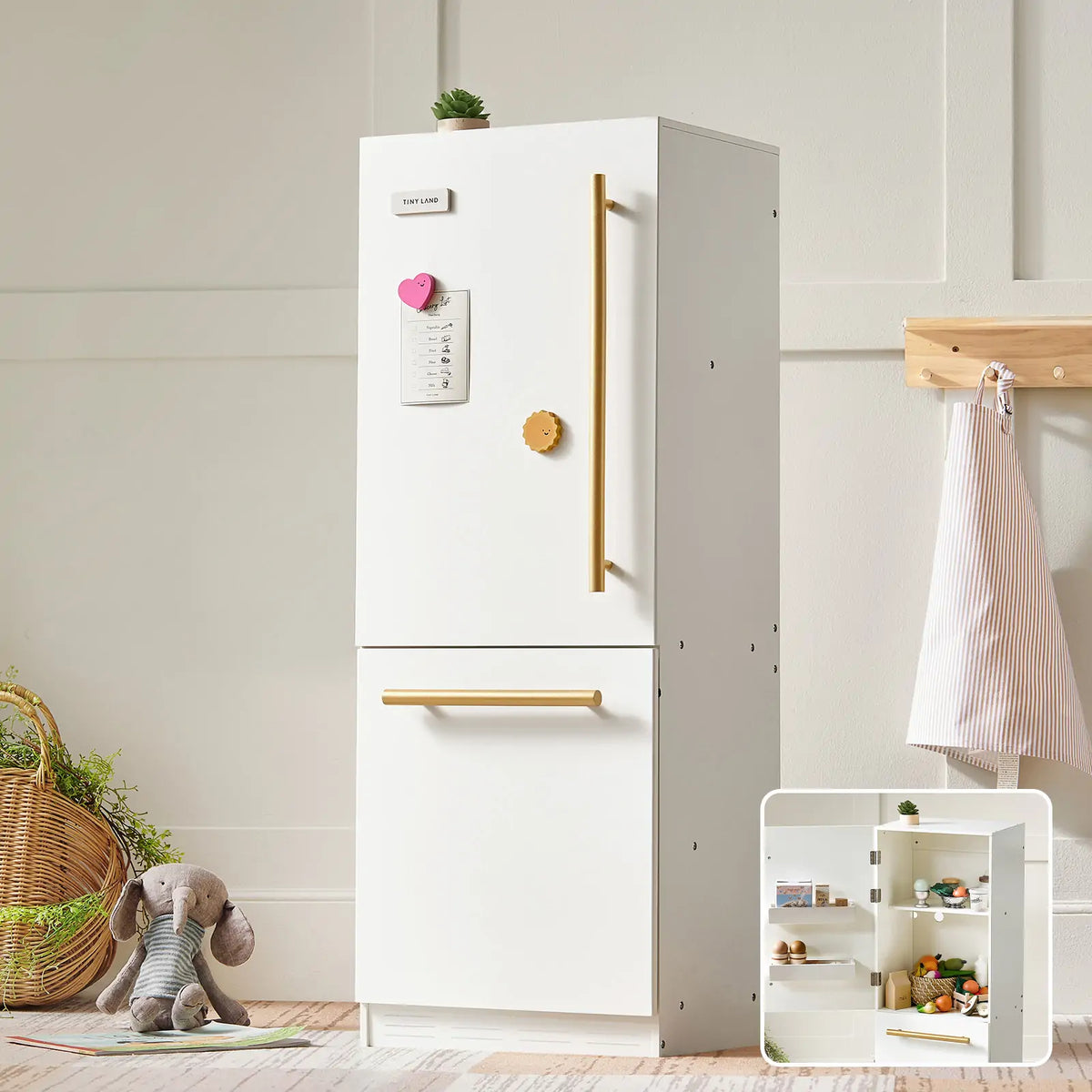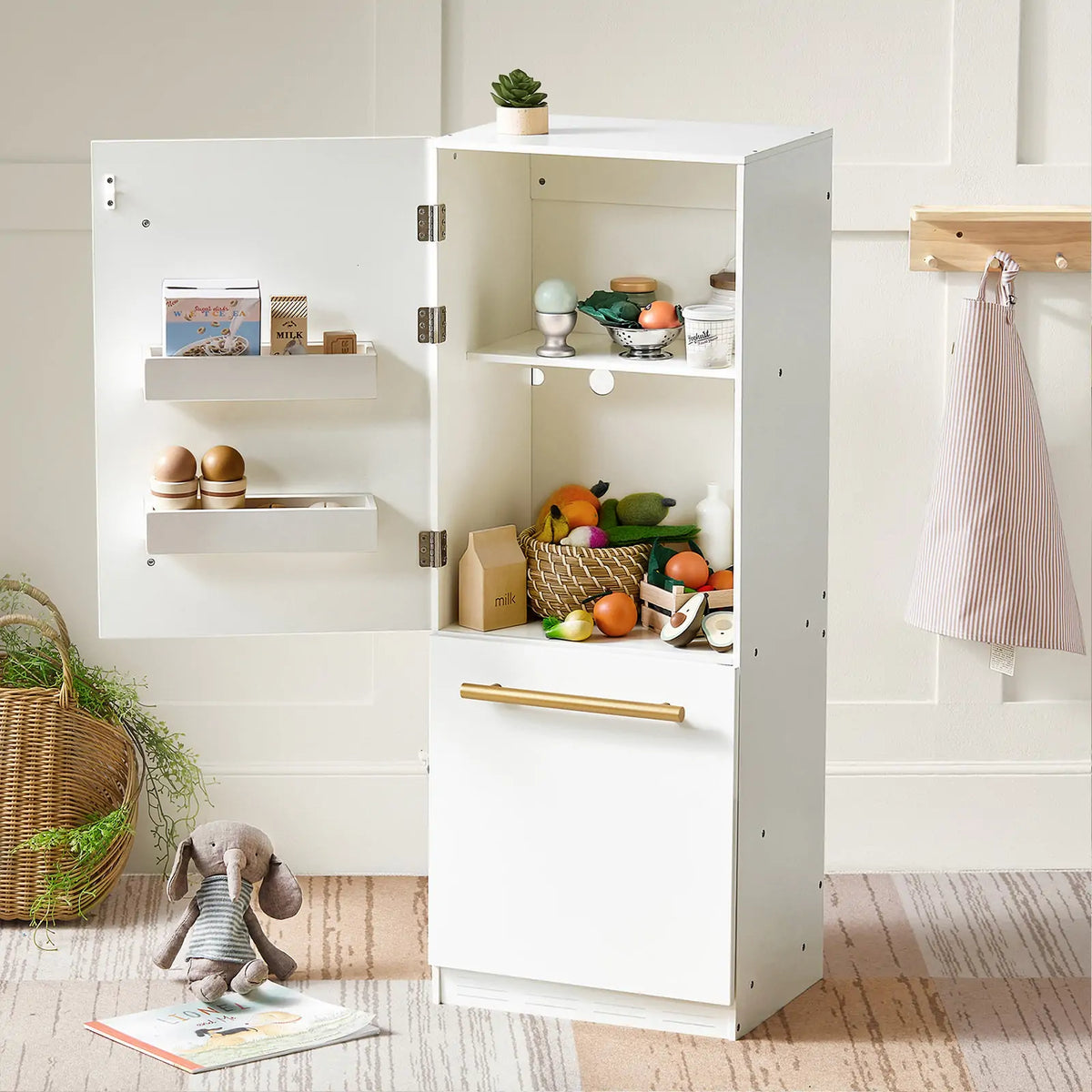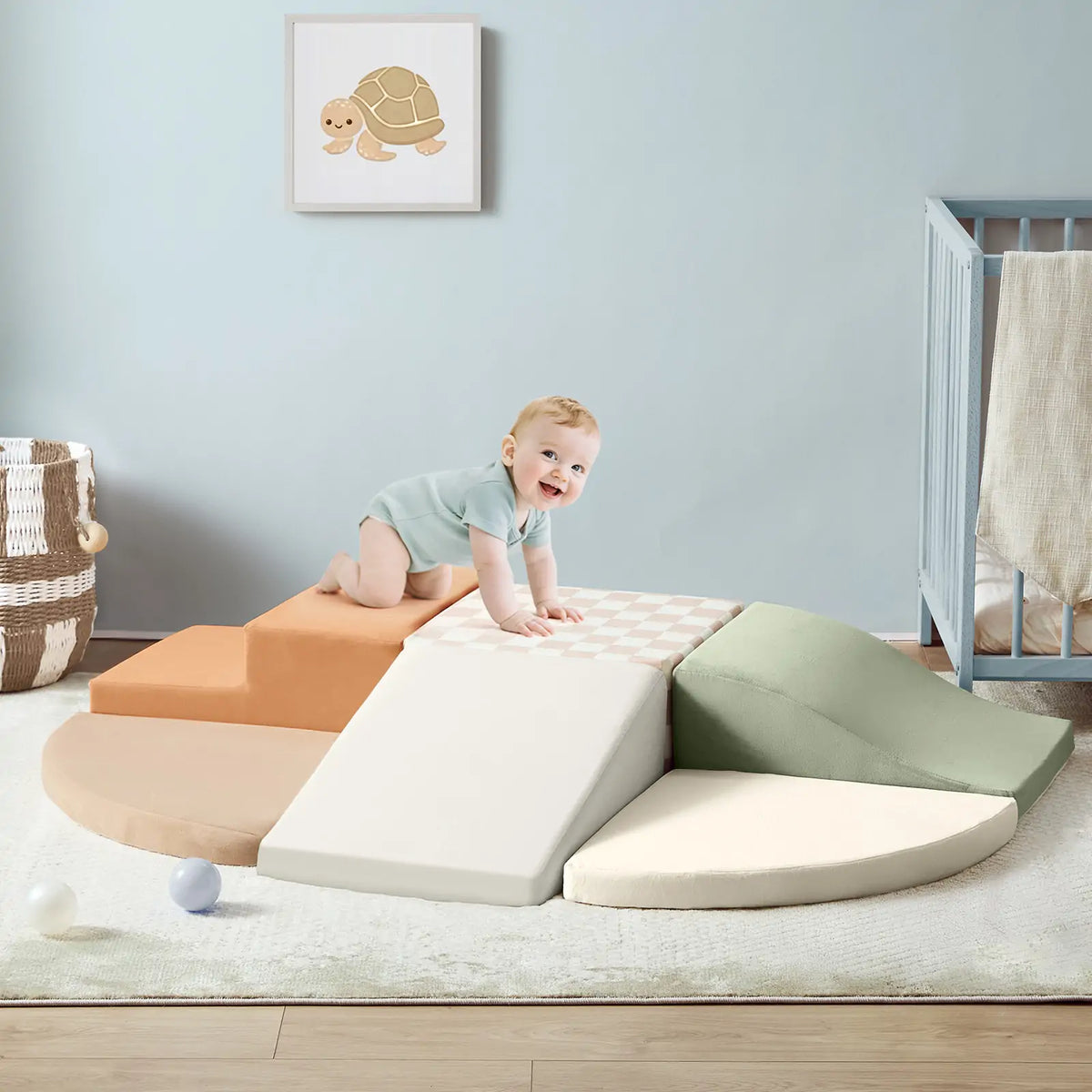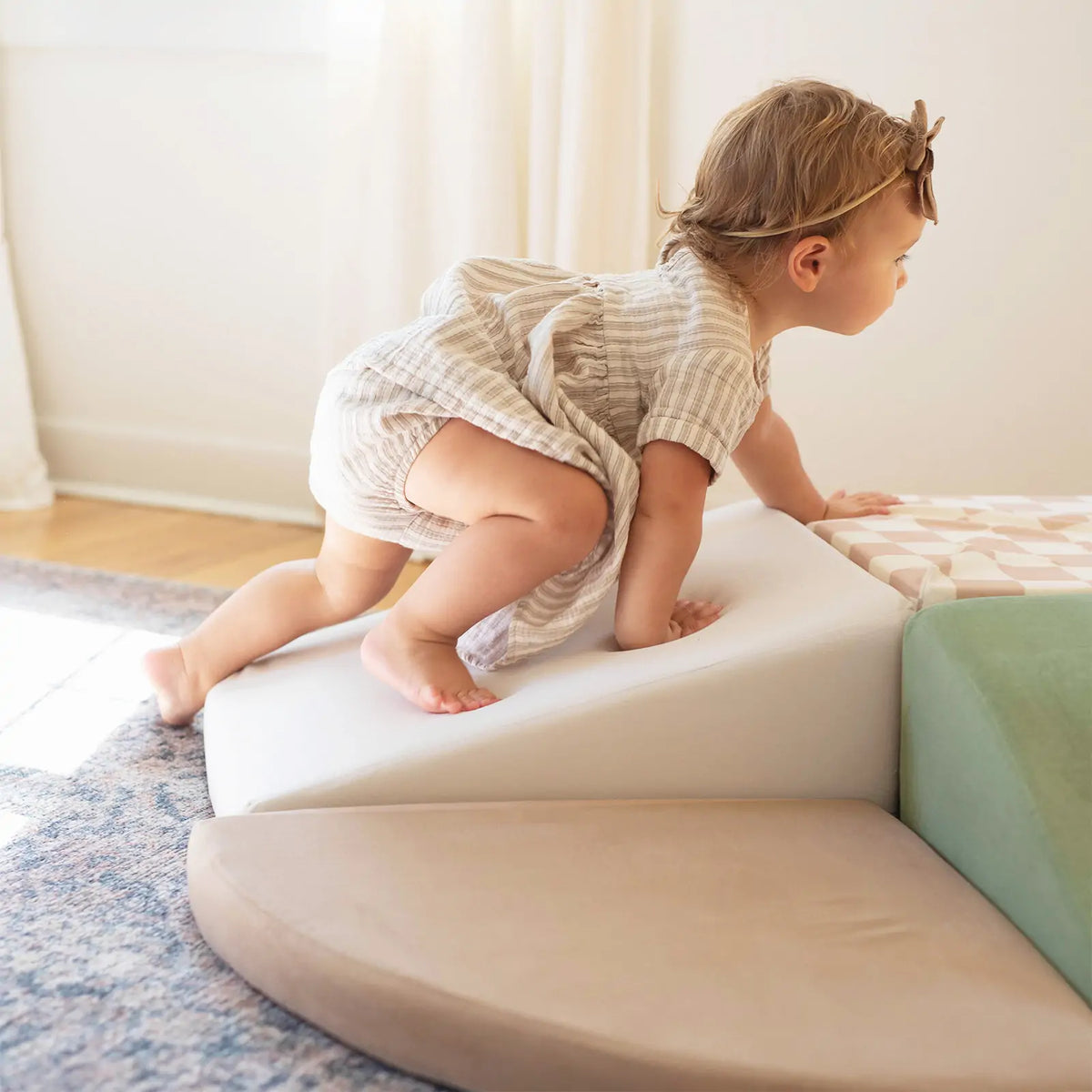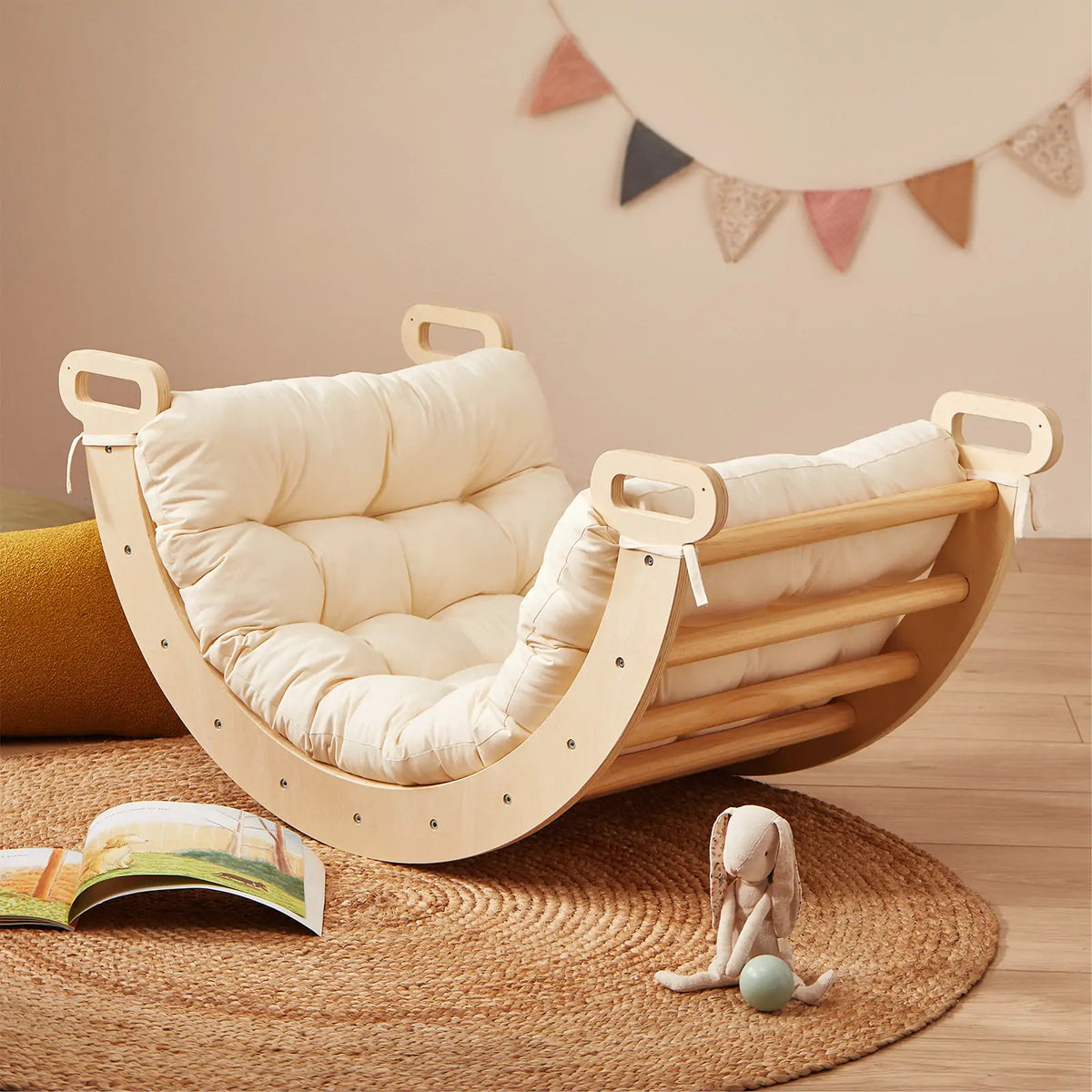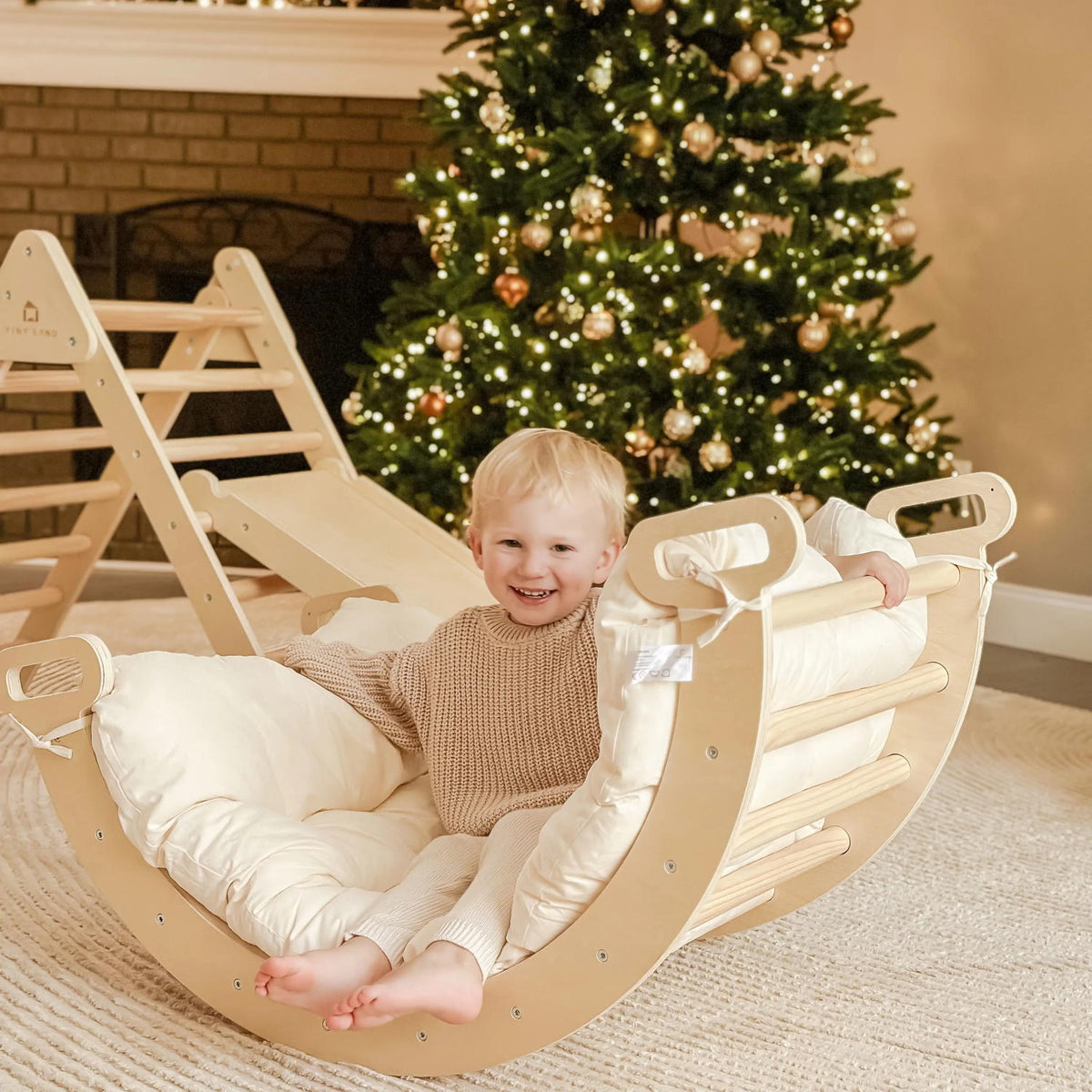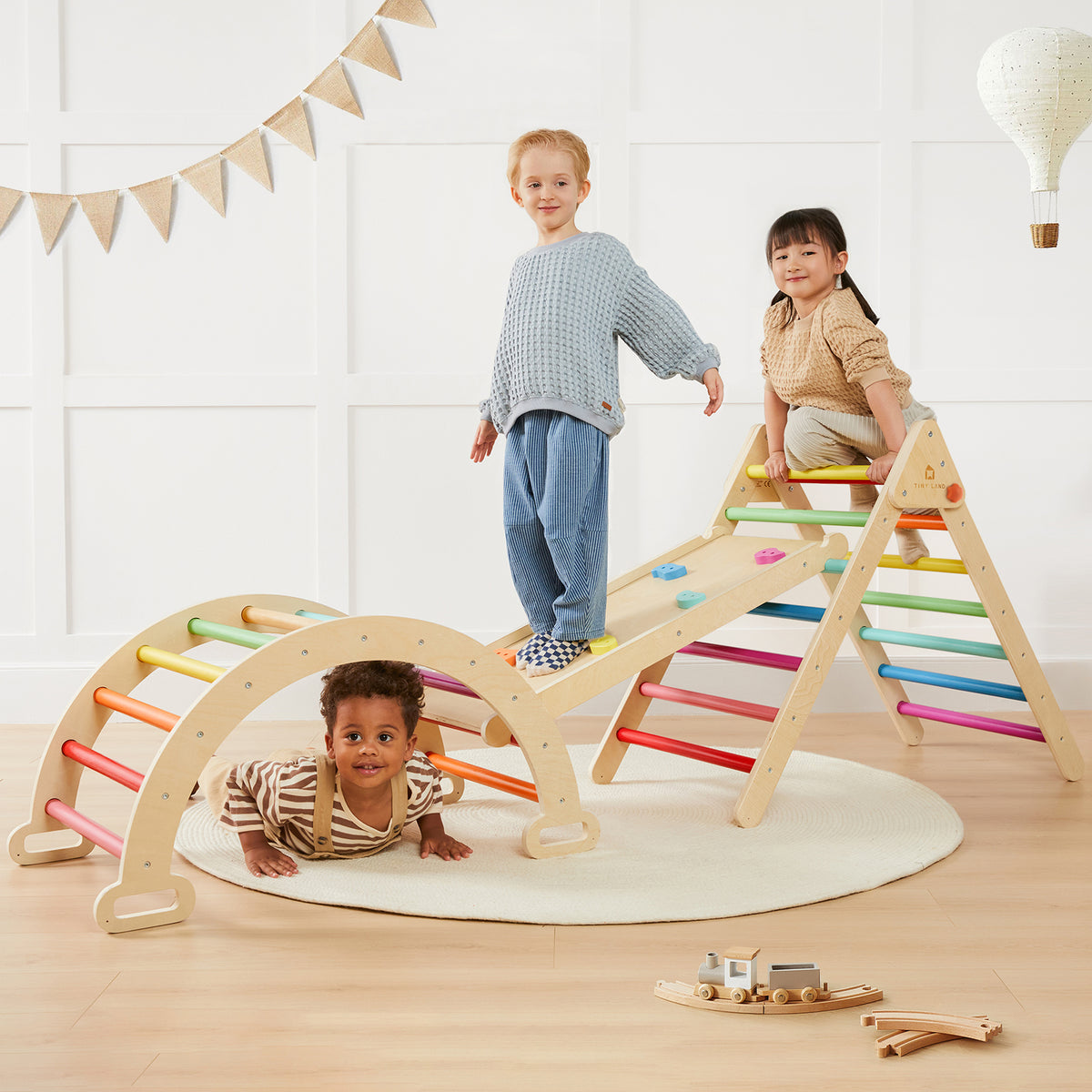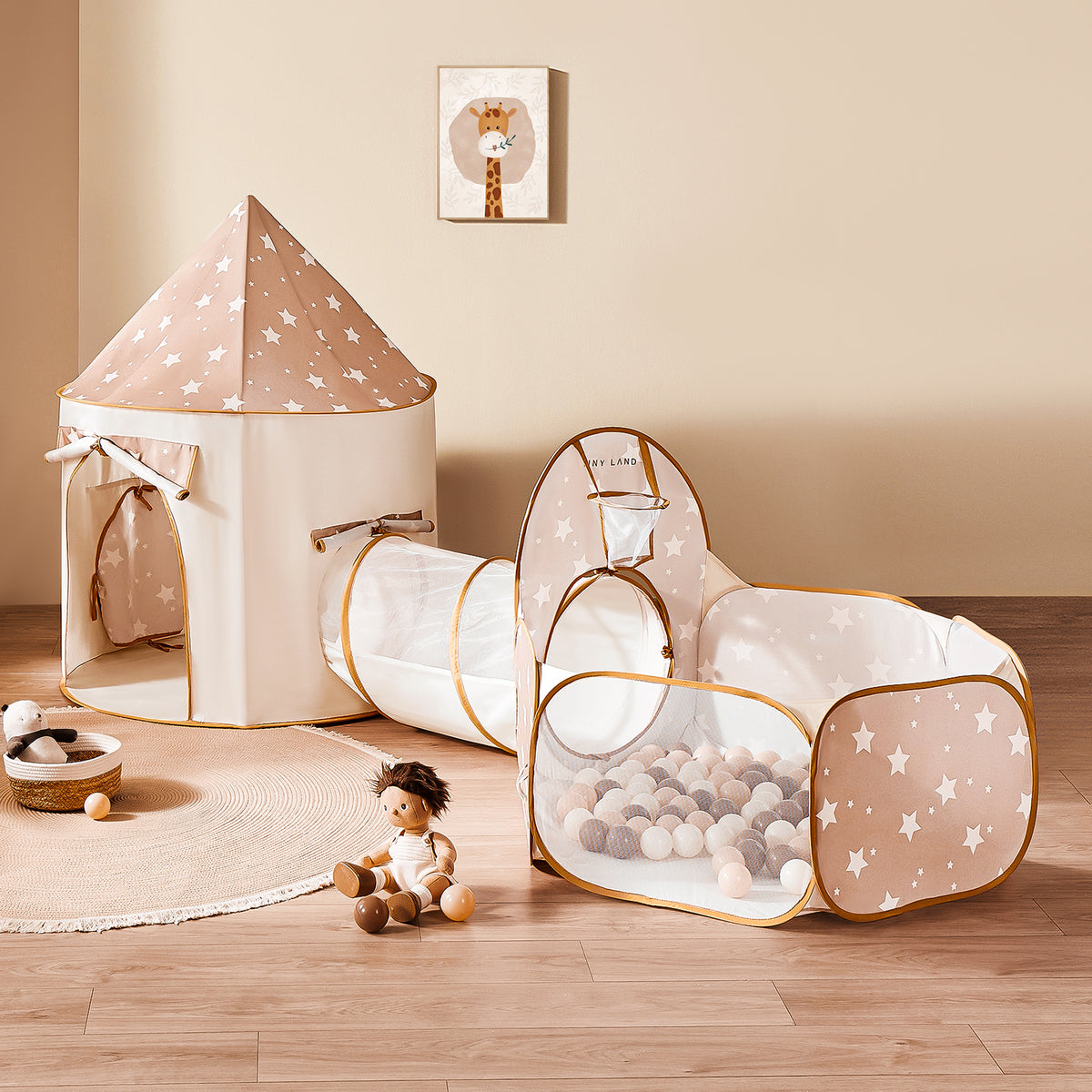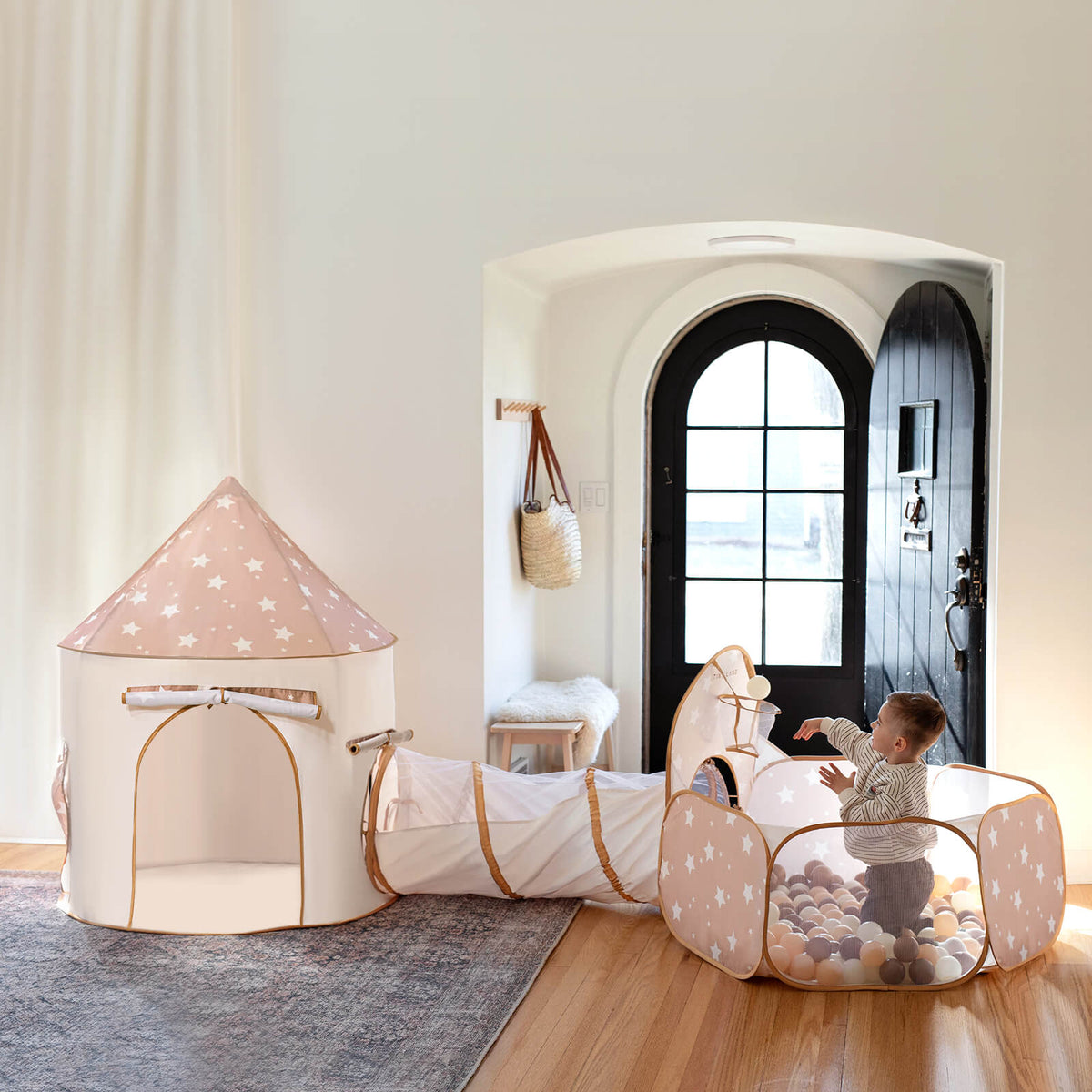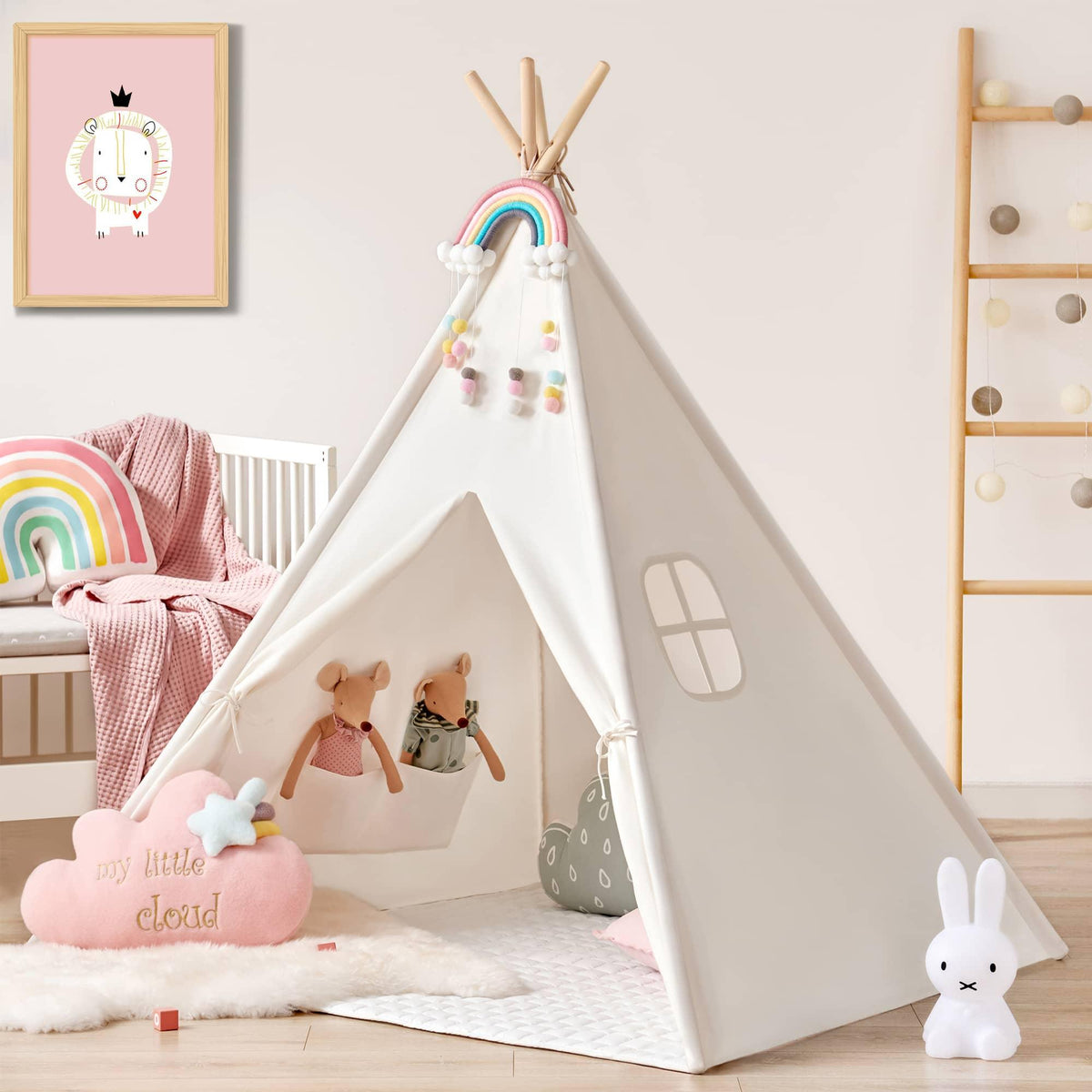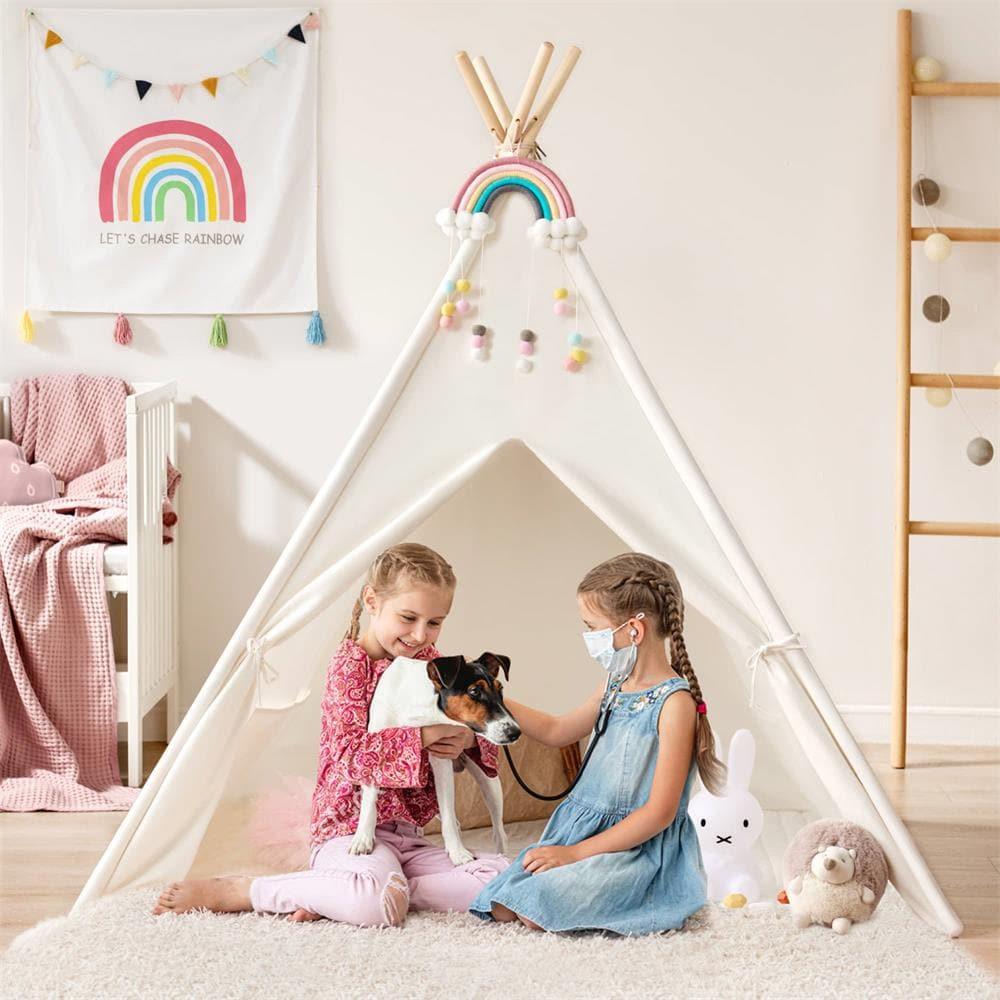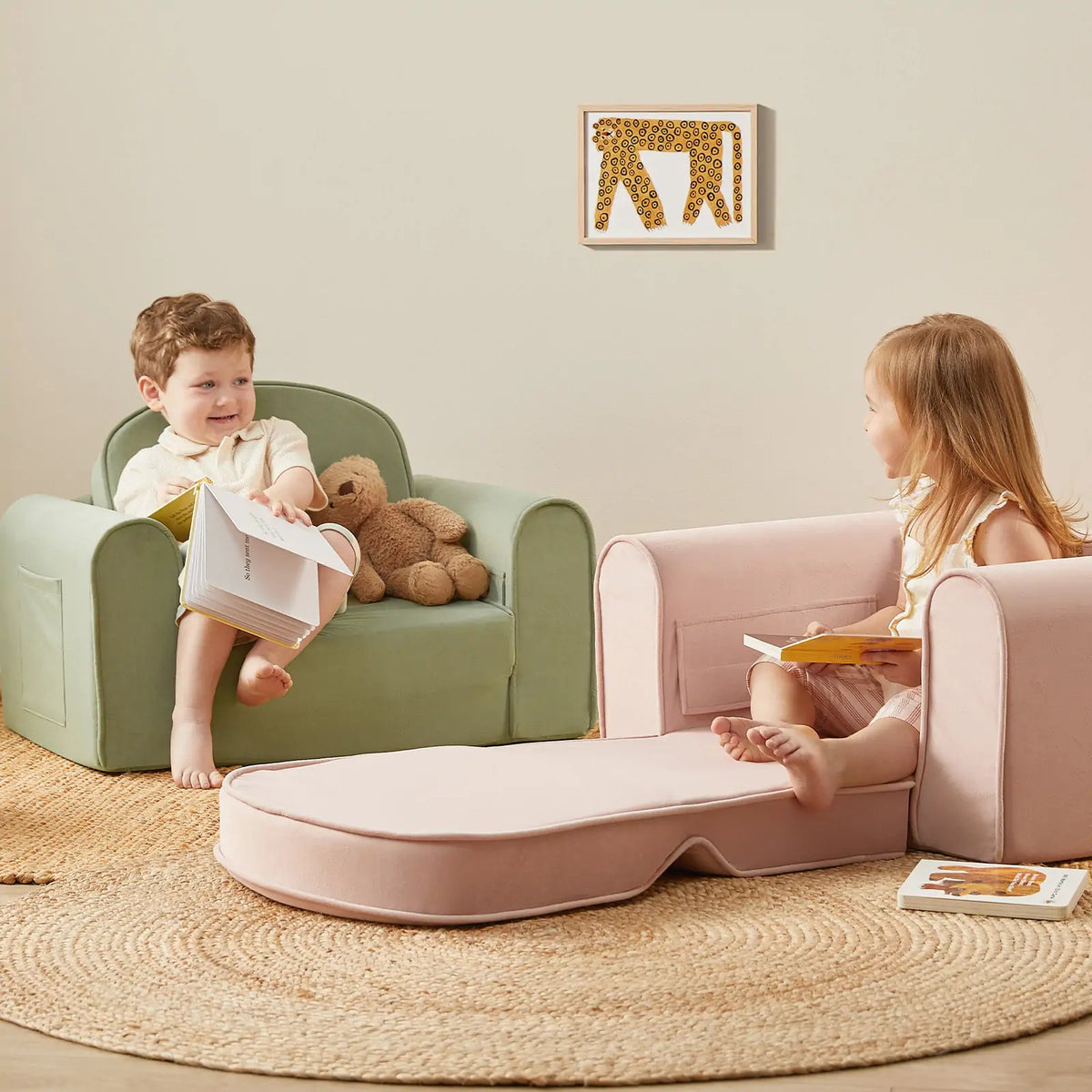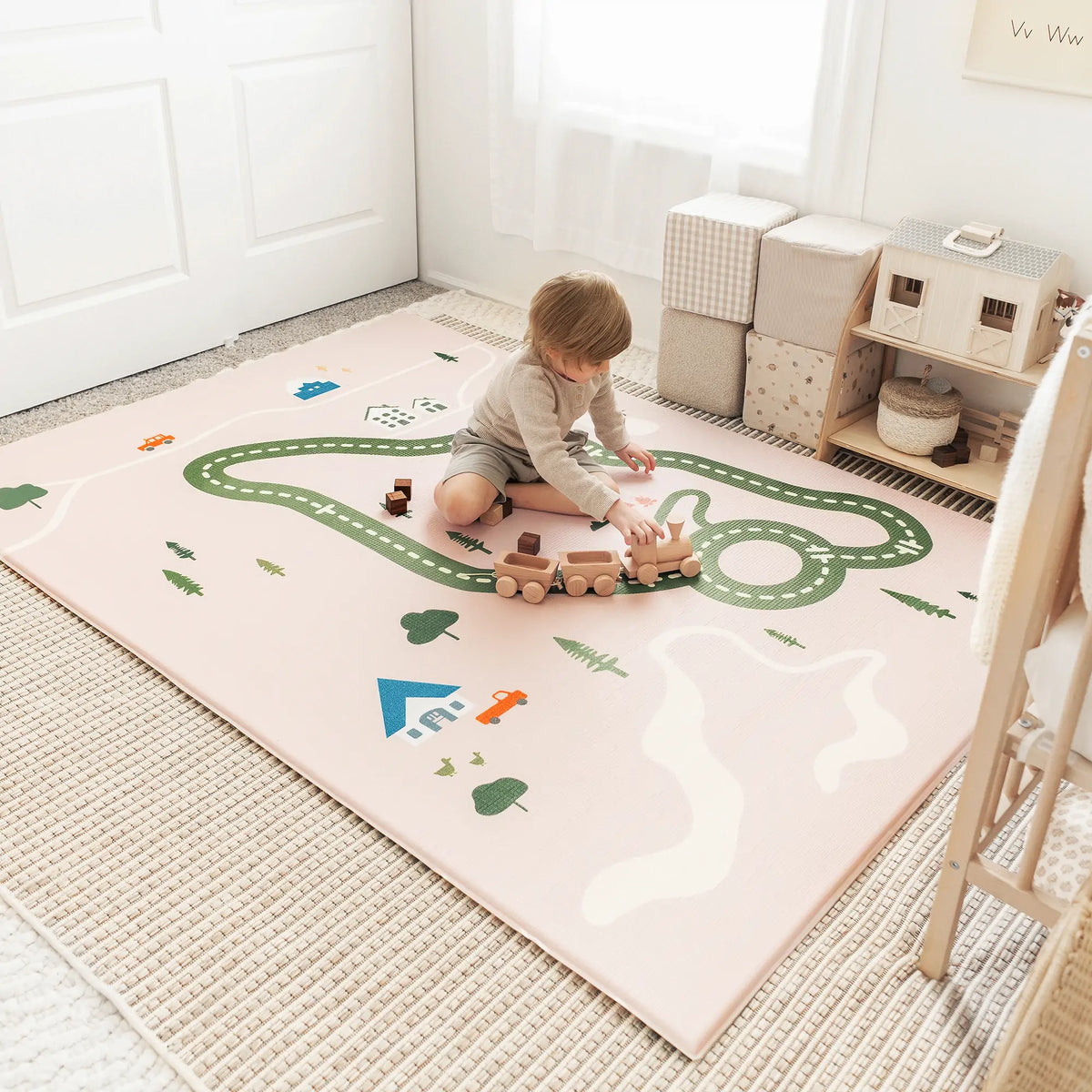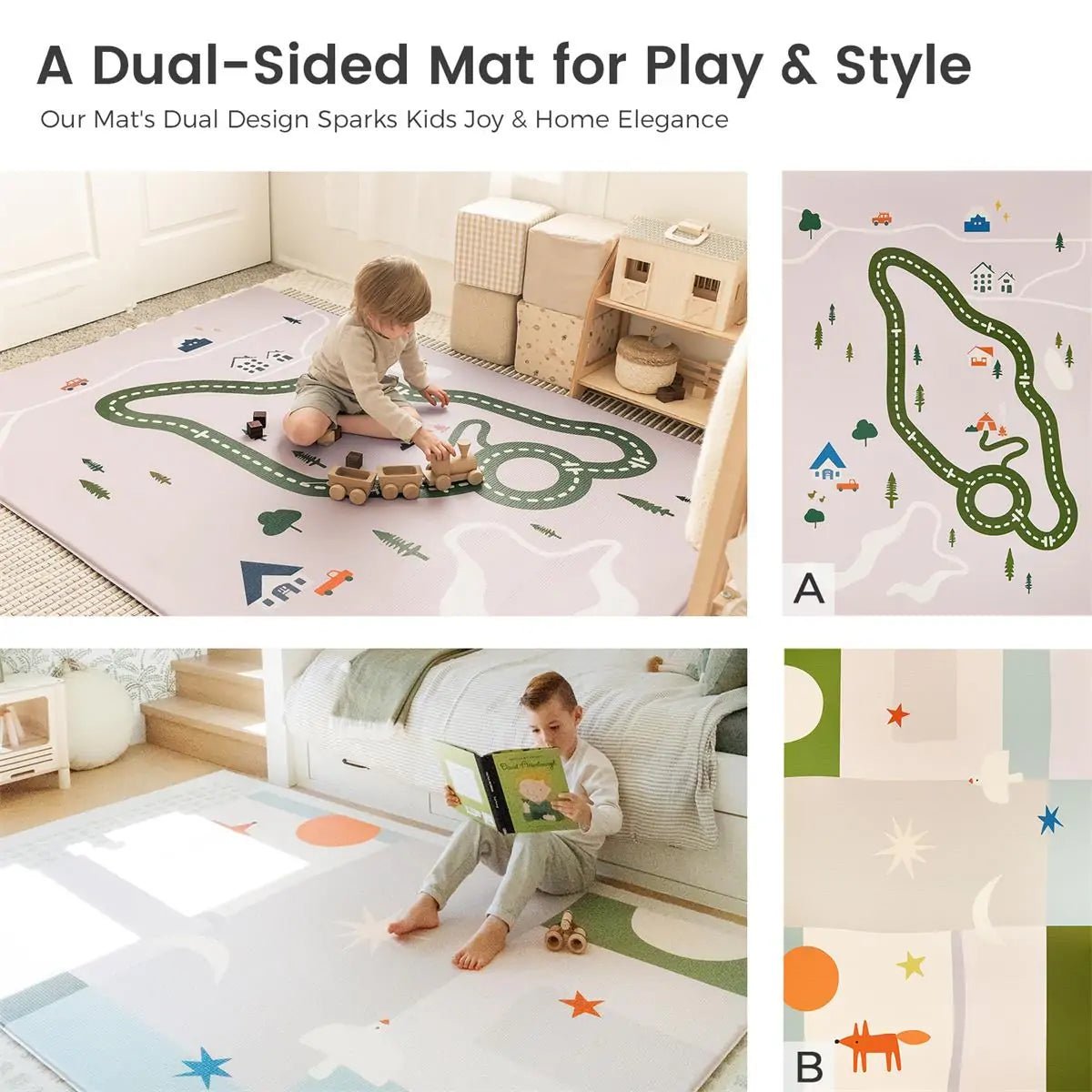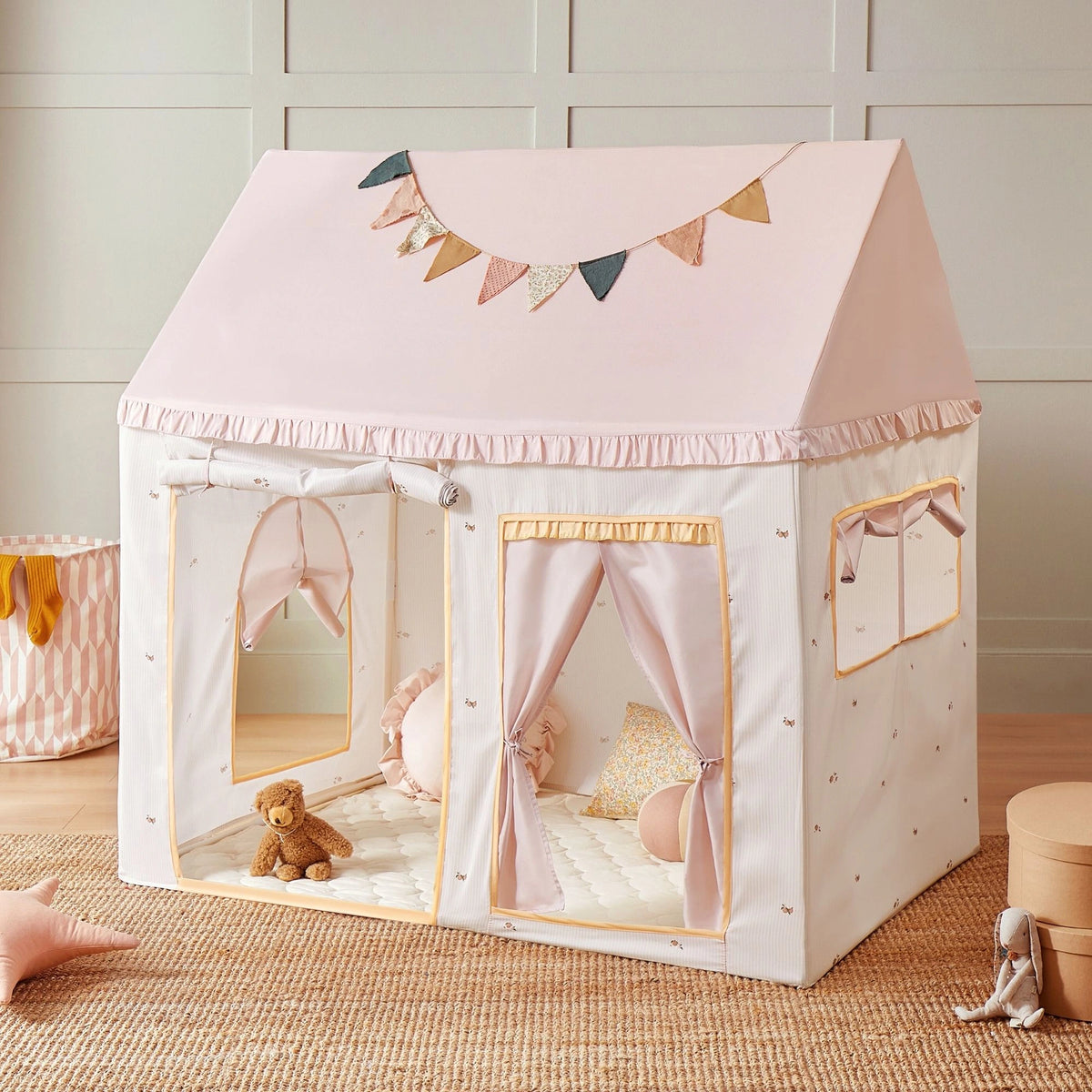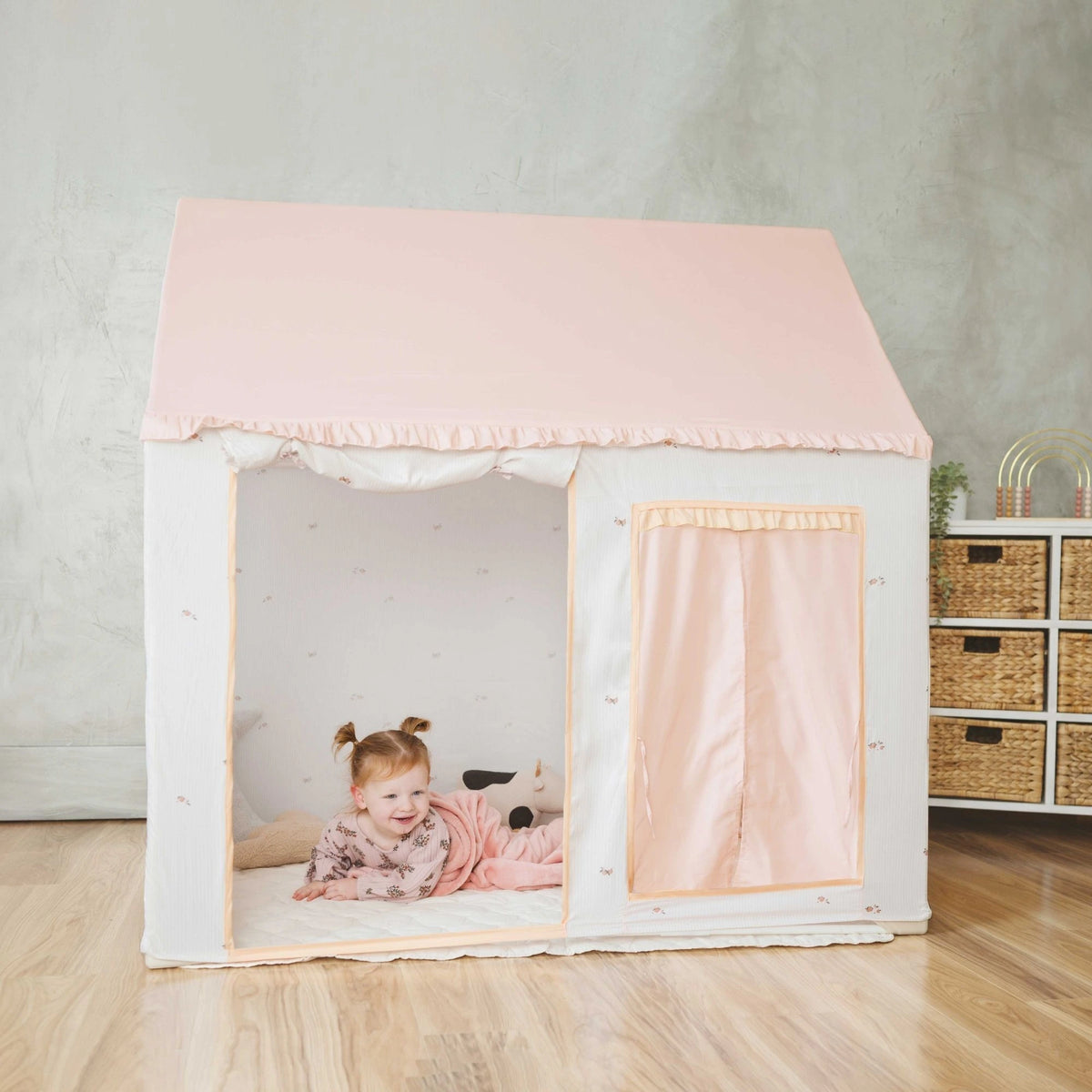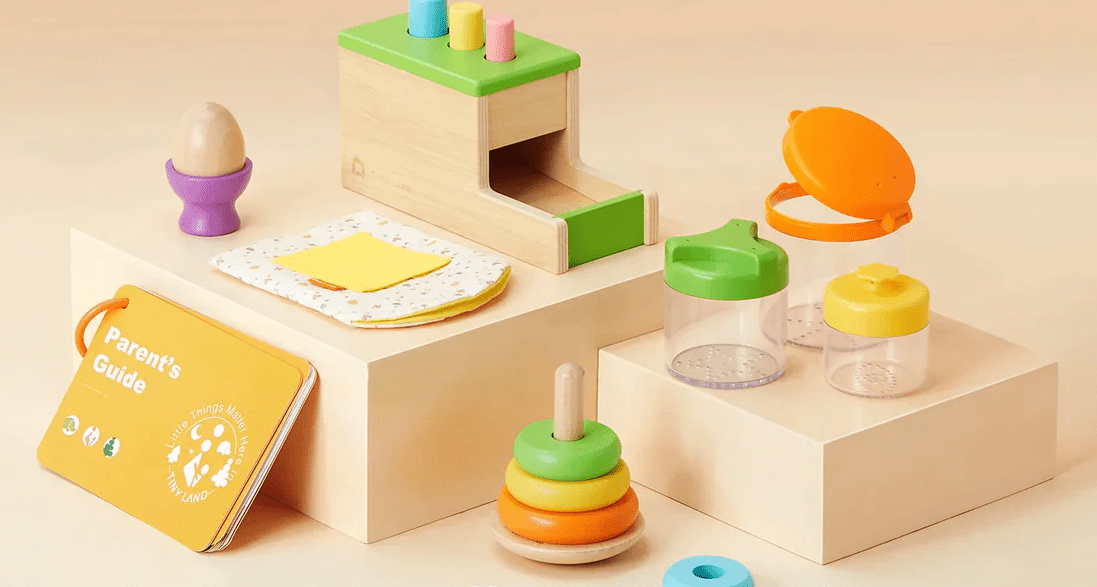Wondering if you should buy a kitchen playset for your two-year-old boy? It's a thoughtful question that many parents ponder. Yes, you should buy a play kitchen for your 2 years old boy. Kitchen playsets can offer numerous benefits, from fostering creativity to developing essential skills. In this article, we'll look at the elements to take into account when determining if a kitchen playset is the best option for your child.
What age is appropriate for a kitchen play set?
The age appropriateness of a pretend play kitchen set depends on several factors, including the child's individual development and interests. Typically, children as young as 2 to 3 years old can safely enjoy basic cooking toys with large, non-chokable parts. These sets often include plastic fruits, vegetables, and simple cookware.
As children grow and develop more fine motor skills, they can graduate to more complex kitchen play sets designed for ages 4 and up. These sets often include smaller pieces like utensils, pots, and pans, allowing for more detailed imaginative play.
Around the age 6 or 7, kids can enjoy more advanced pretend kitchen that mimic real cooking experiences. These sets may include working appliances like mini stoves, ovens, and sinks, providing opportunities for more intricate role-playing.
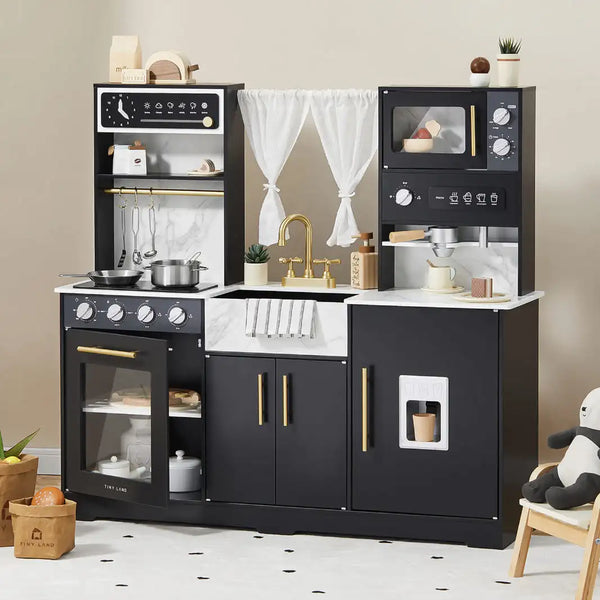
Are Play Kitchens playsets for Baby Worth It? (Benefits & Drawbacks)
Toy kitchen set for babies can be an excellent choice for your child's playtime, offering a host of benefits while also having some potential drawbacks. Let's take a closer look at these playsets to help you decide if they are worth the investment for your little one.
Benefits:
Imagination Boost: Play kitchens are like a blank canvas for your child's imagination. They can transform into little chefs, creating imaginary dishes and scenarios, which are vital for enhancing their creative thinking.
Role Play Development: These playsets encourage role-playing, allowing kids to take on various kitchen-related roles, such as chef, server, or customer. This fosters social skills as they learn to interact with others while playing.
Language Development: While engaged in kitchen-themed play, children naturally pick up new words related to cooking, food, and kitchen utensils. This can significantly enrich their vocabulary enjoyably and playfully.
Fine Motor Skills: Play kitchens often come with mini pots, pans, utensils, and food items that require intricate handling. This manipulation enhances fine motor skills as kids grasp, move, and arrange these items.
Sharing and Cooperation: Playing with a play kitchen alongside other children can teach vital life skills like sharing, cooperation, and negotiation. Kids learn to work together, fostering positive social interactions.
Math Skills: Through pretend cooking and serving, kids can grasp basic math concepts such as counting, measuring, and even simple fractions. These skills can lay the foundation for later mathematical understanding.
Nutritional Awareness: Play kitchens provide an opportunity for parents to discuss healthy eating habits and wooden fruit toys choices. You can engage your child in conversations about different types of food and their nutritional value.
Independence: As kids explore their play kitchen, they gain a sense of independence. They make decisions about what to "cook" and how to arrange their play kitchen, fostering confidence and autonomy.
Entertainment: Play kitchens offer hours of entertainment for kids. They can get lost in imaginative play, allowing parents some well-deserved free time while knowing their child is engaged and happy.
Longevity: Many play kitchens are designed to grow with your child. You can add new accessories and play food items as your child's interests evolve, making it a long-lasting investment in their development.
Drawbacks:
Space Consumption: Play kitchens can be quite large, so consider whether you have enough space in your home to accommodate one without making your living area feel cramped.
Price Range: High-quality play kitchens can be expensive. It's essential to find a balance between your budget and the features and quality you desire.
Safety Concerns: Be cautious of small parts that might come with play kitchen accessories, as they could pose a choking hazard for younger children. Always check for age-appropriate components.
Clutter: Play kitchen pieces, especially when not stored properly, may end up scattered around your home, leading to clutter. Organizational solutions can help mitigate this issue.
Gender Stereotypes: While this is changing, some play kitchen designs still reinforce traditional gender roles. Consider whether the design aligns with your values and promotes gender-neutral play.
Cleanup Effort: Expect some cleanup after playtime with a play kitchen, as kids often get carried away with their culinary adventures. But this can also be an opportunity for them to learn about responsibility.
Compatibility: Accessories and food items from different brands might not fit together, limiting options for expansion. Consider purchasing compatible sets for a more versatile play experience.
Where can you find the kitchen playsets?
You can find kitchen playsets at various places, but one excellent option is tinylandus.com. Tiny Land offers a wide selection of high-quality kitchen playsets that are perfect for kids' imaginative play. On their website, you'll find an array of options to suit your child's preferences and your budget.
Tiny Land's play kitchen with fridge is designed for durability and safety, ensuring hours of creative fun. You can explore different styles, sizes, and features to find the perfect fit for your child's playtime needs.
Shopping at tinylandus.com is convenient and secure. Their user-friendly website makes it easy to browse, select, and purchase the playset that suits your requirements. Plus, they often provide detailed product descriptions and images to help you make an informed choice.
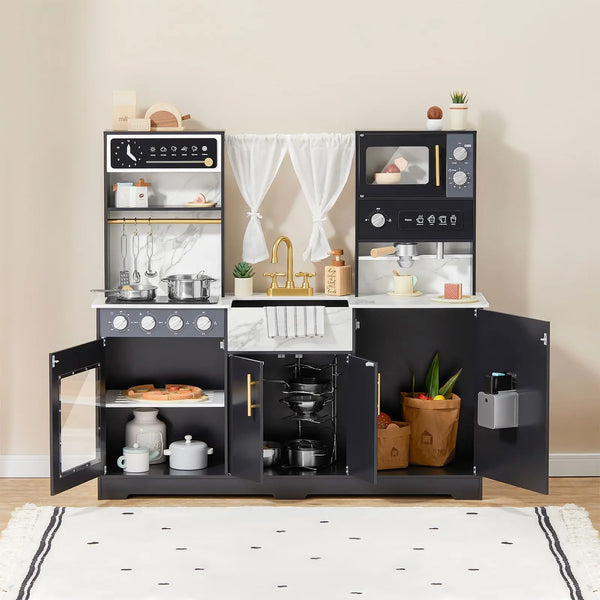
FAQs
What age is suitable for a kitchen playset?
Kitchen playsets are typically designed for children aged 2 and up. At this age, kids start developing imaginative play and fine motor skills, making it an ideal time to introduce a kitchen playset.
Are kitchen playsets safe for young children?
Yes, kitchen playsets are safe when used as directed. Look for sets with rounded edges and non-toxic materials. Always supervise play, especially if there are small parts.
Do kitchen playsets come with accessories?
Many playsets include pots, pans, utensils, and play food items. Be sure to check the product description for details on what's included.
How do I clean a kitchen playset?
Use a damp cloth with mild soap to wipe down surfaces. Avoid submerging electronic parts or wooden components. Regular cleaning keeps it safe and hygienic.
Can I expand my child's kitchen playset?
Yes, many playsets have additional accessories and sets you can purchase separately. This allows you to customize and grow the playset as your child's interests evolve.


